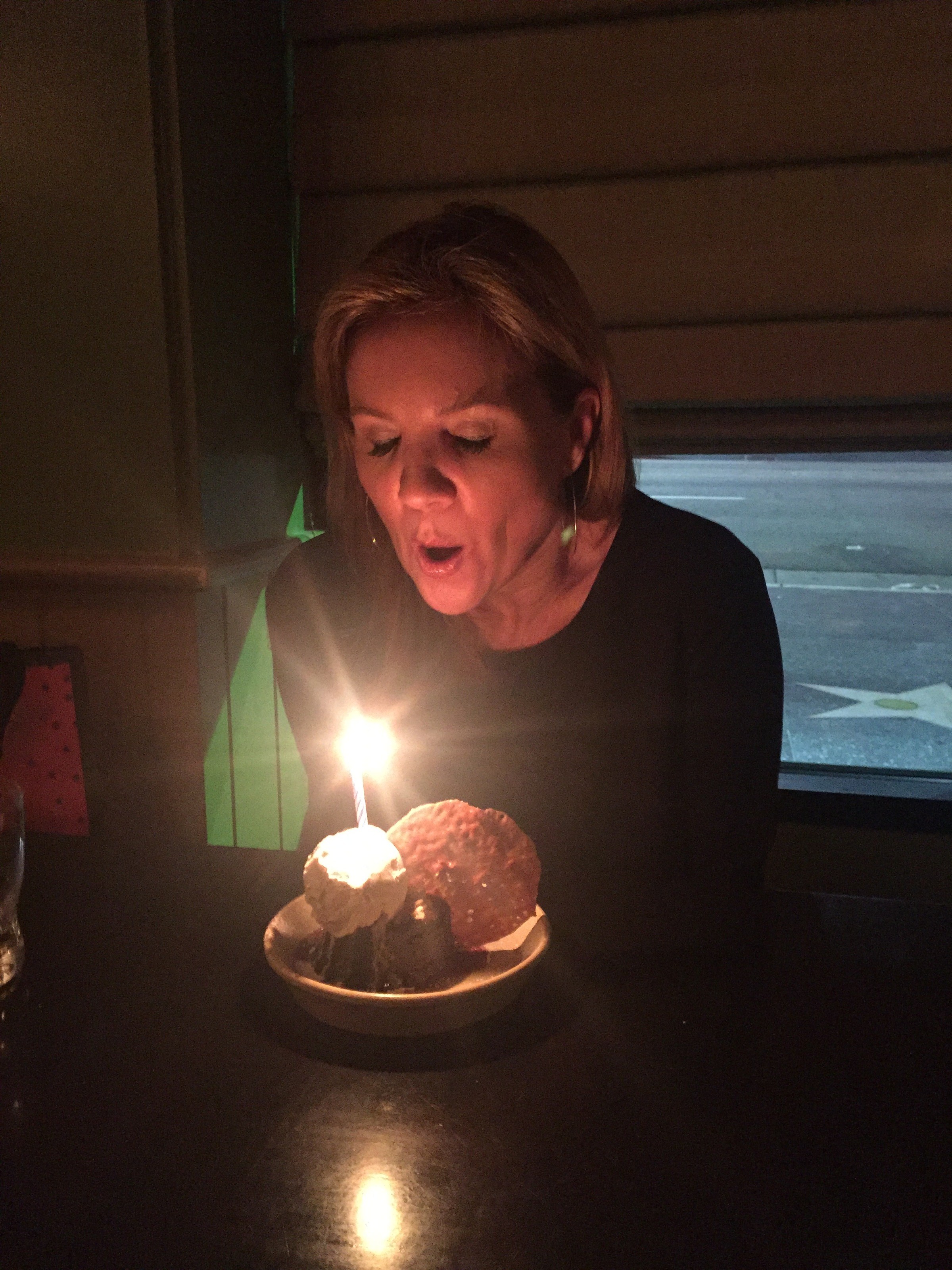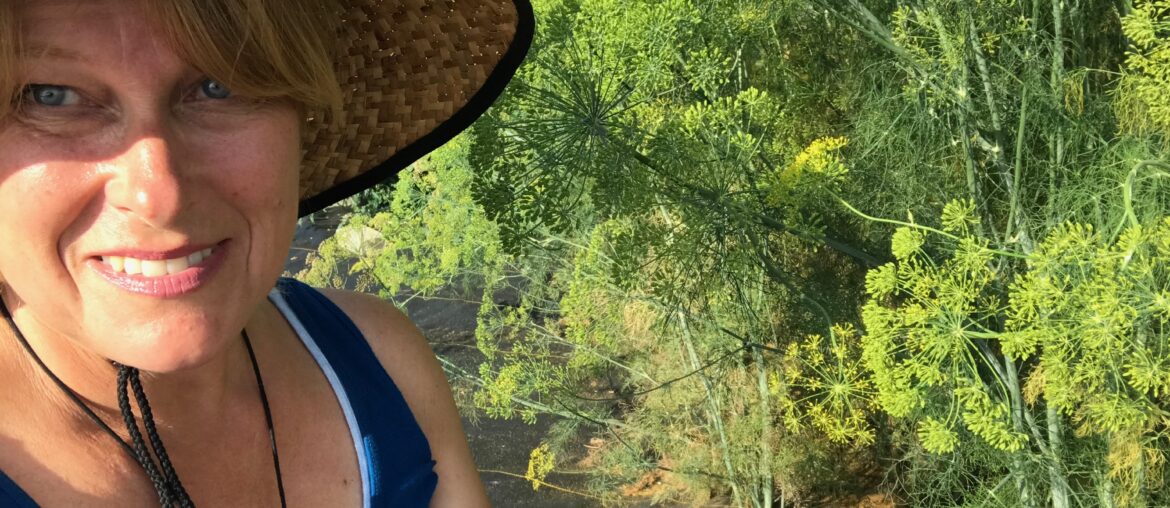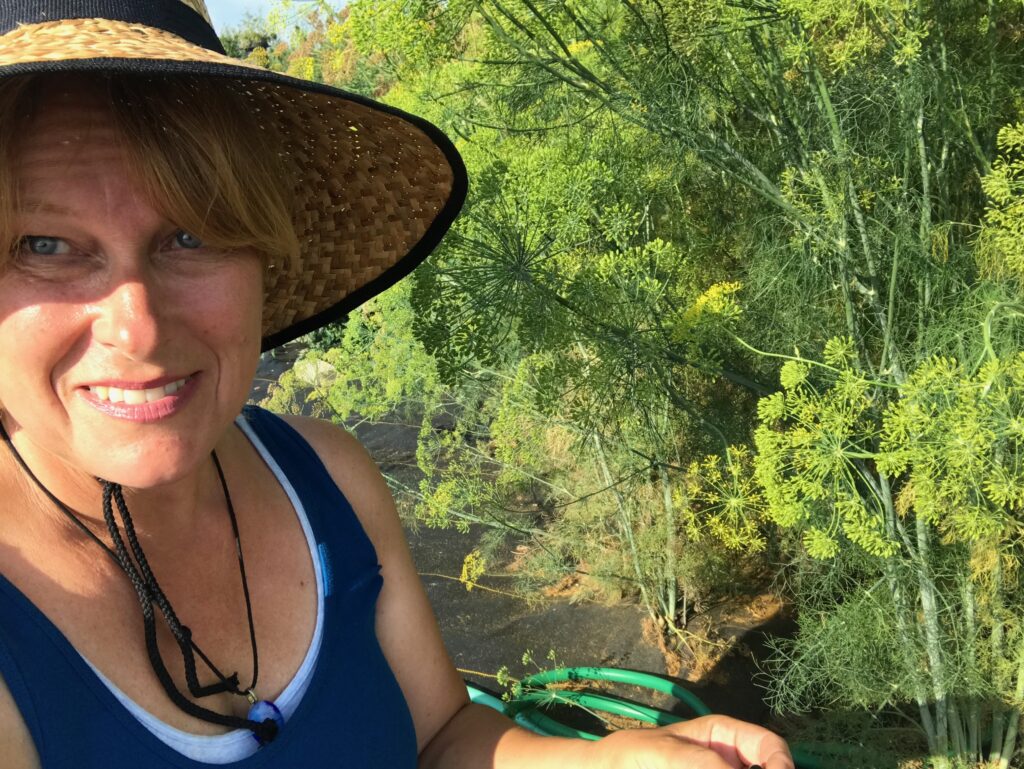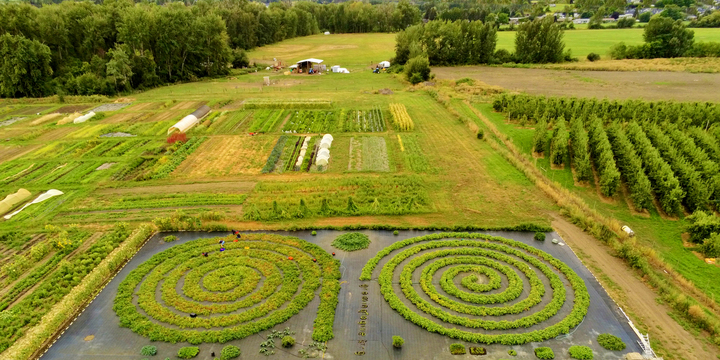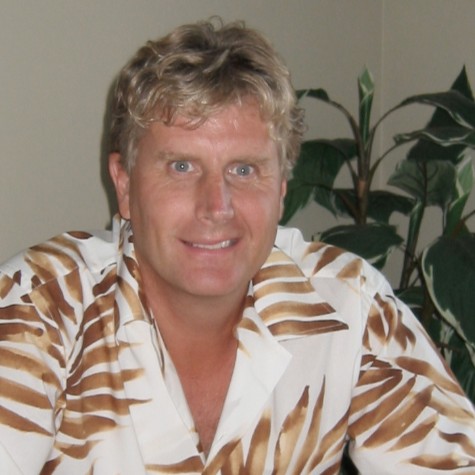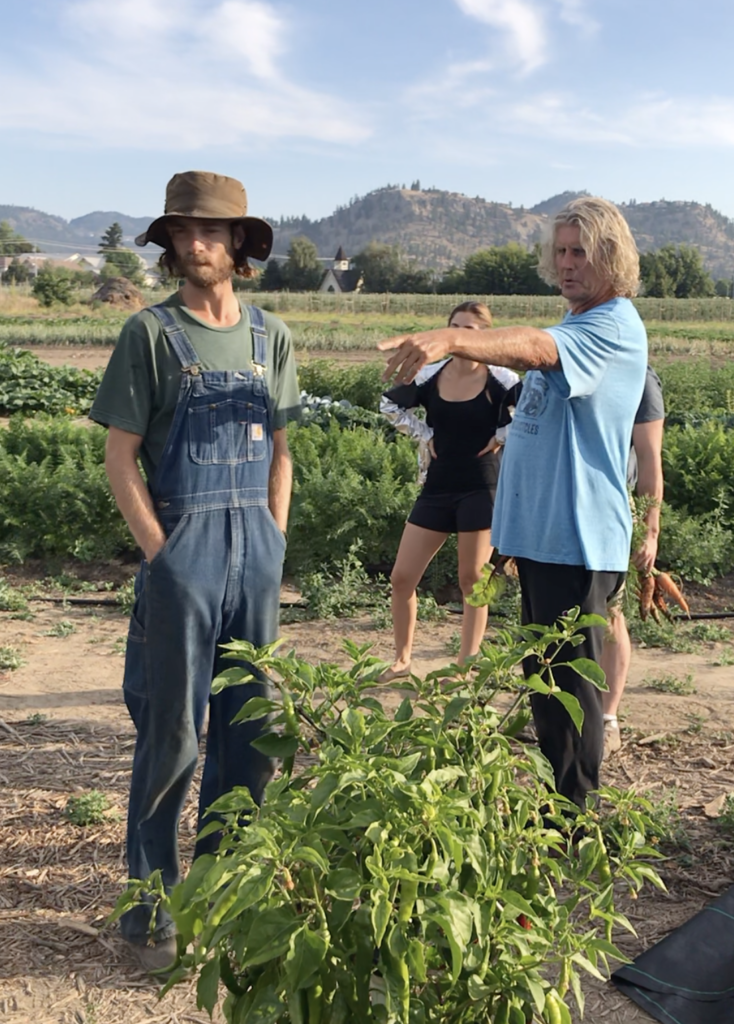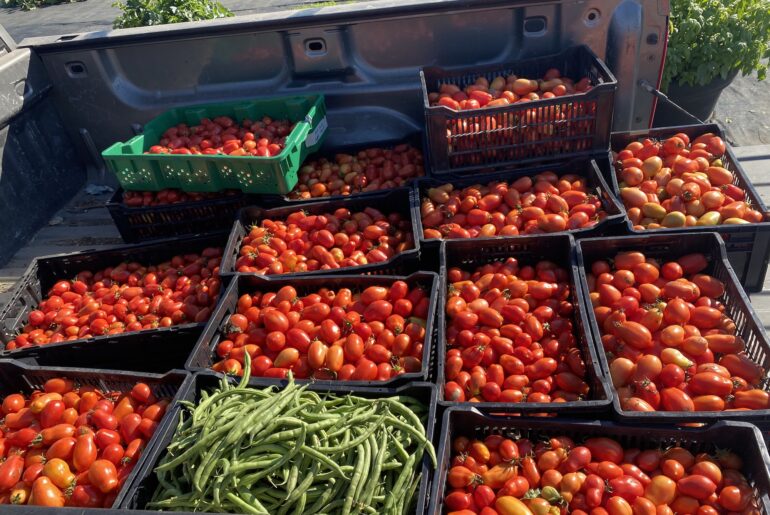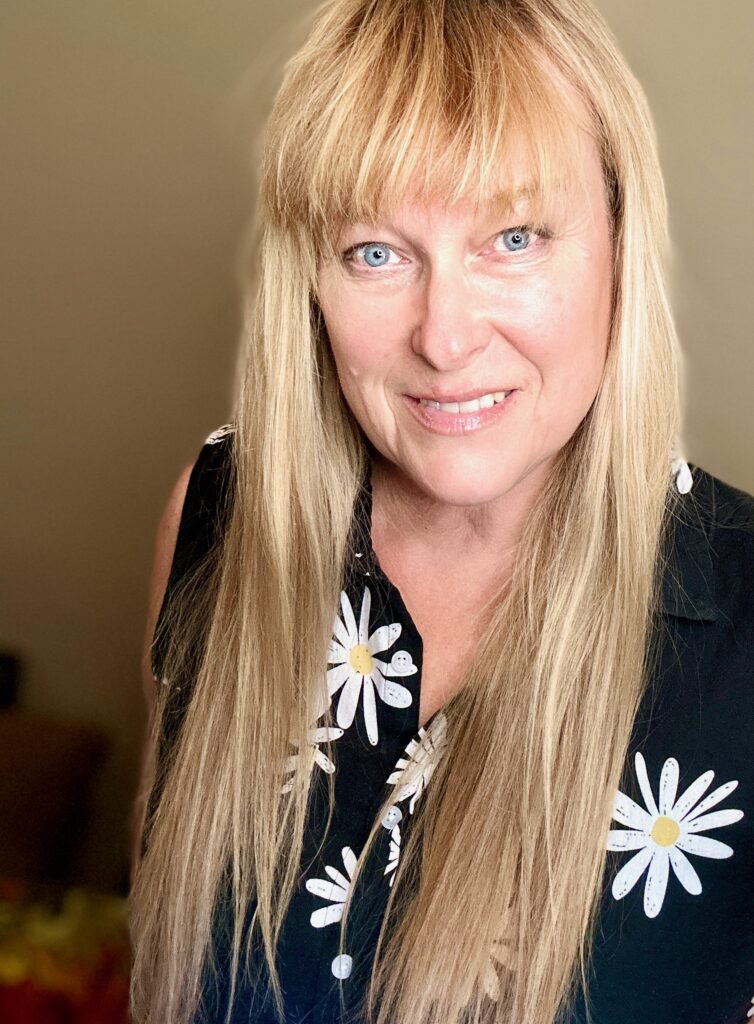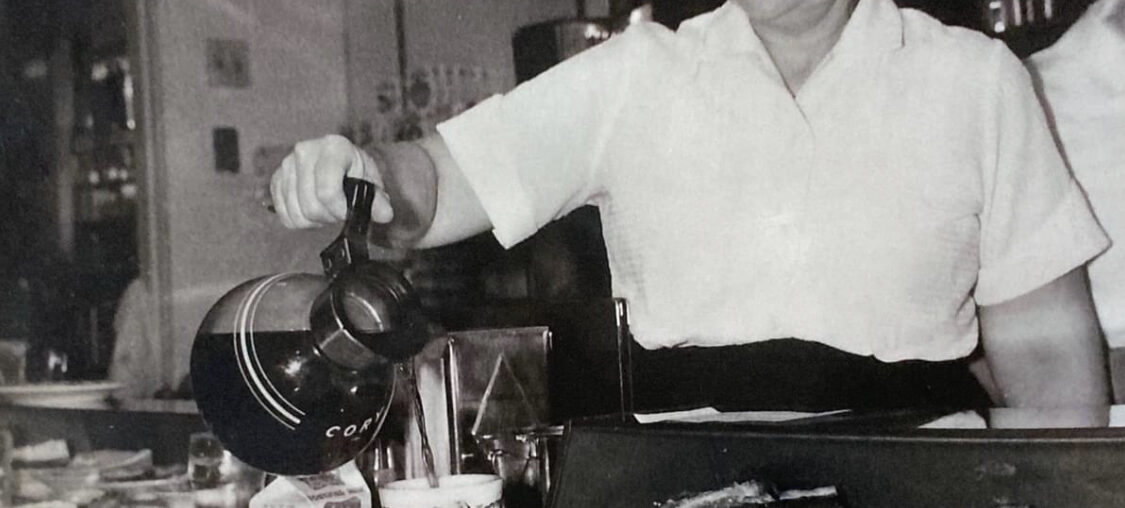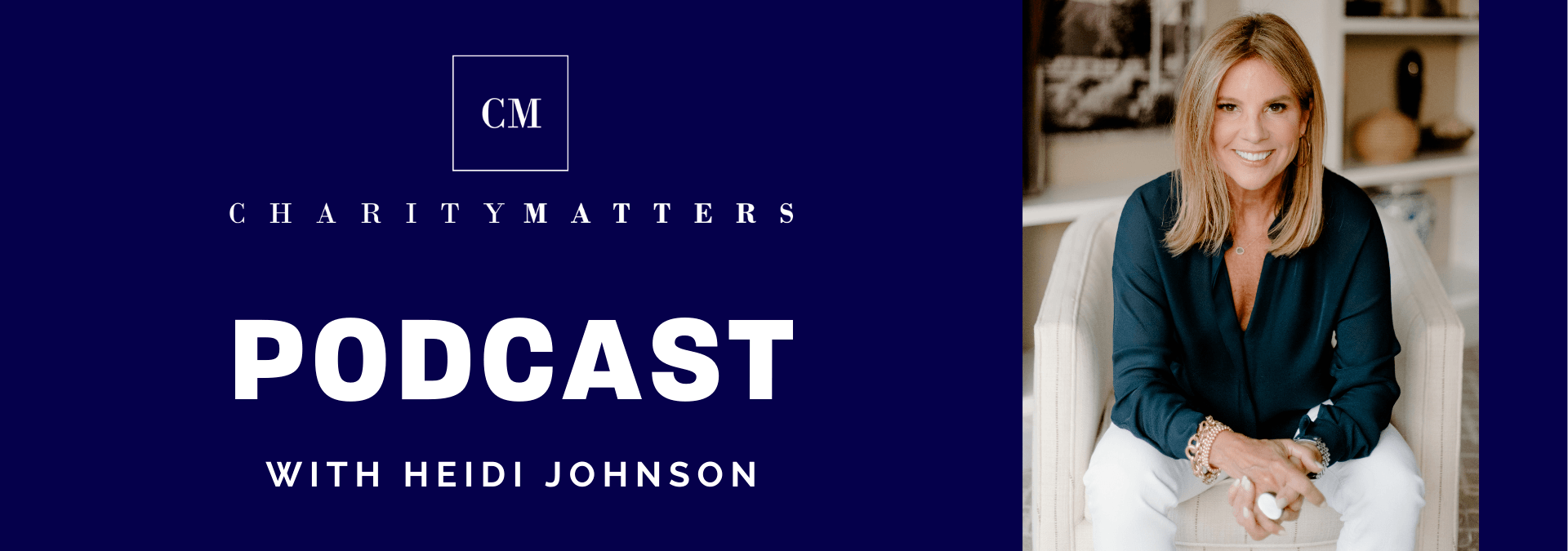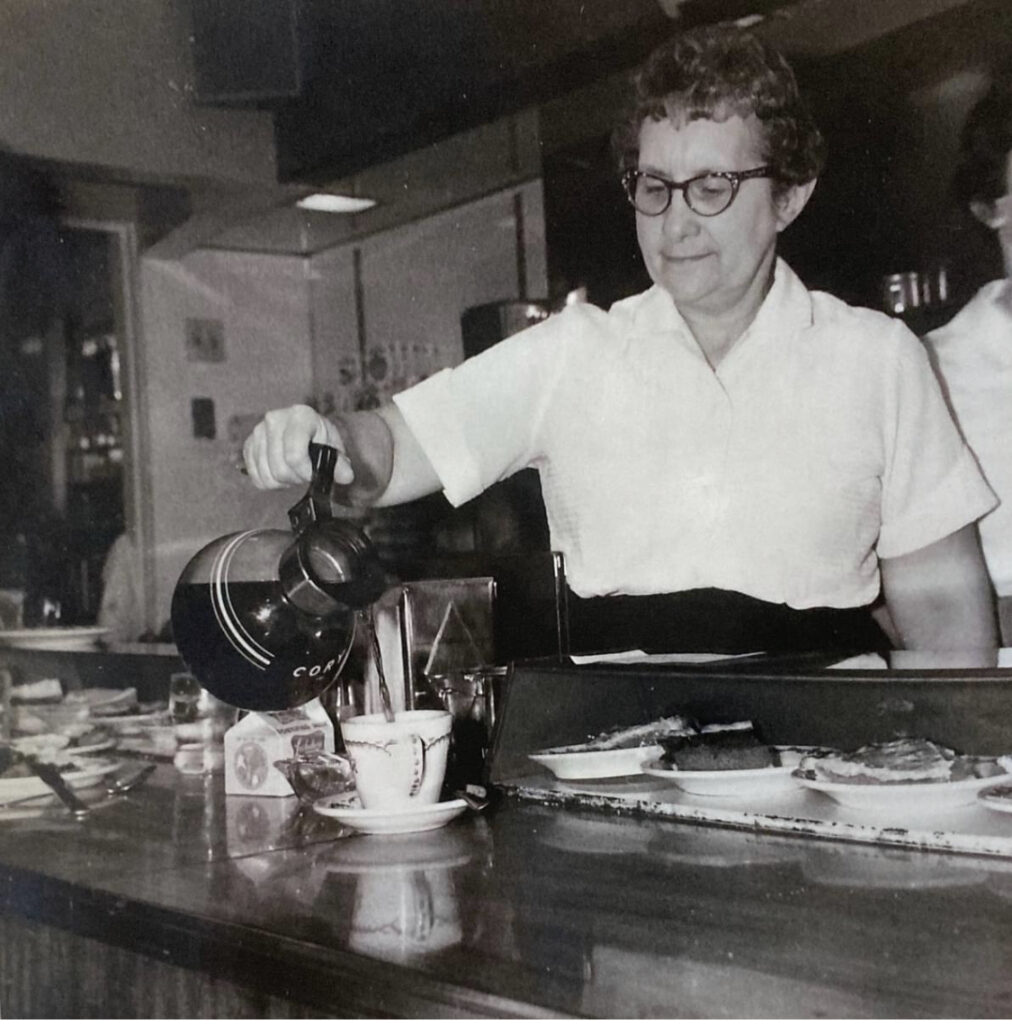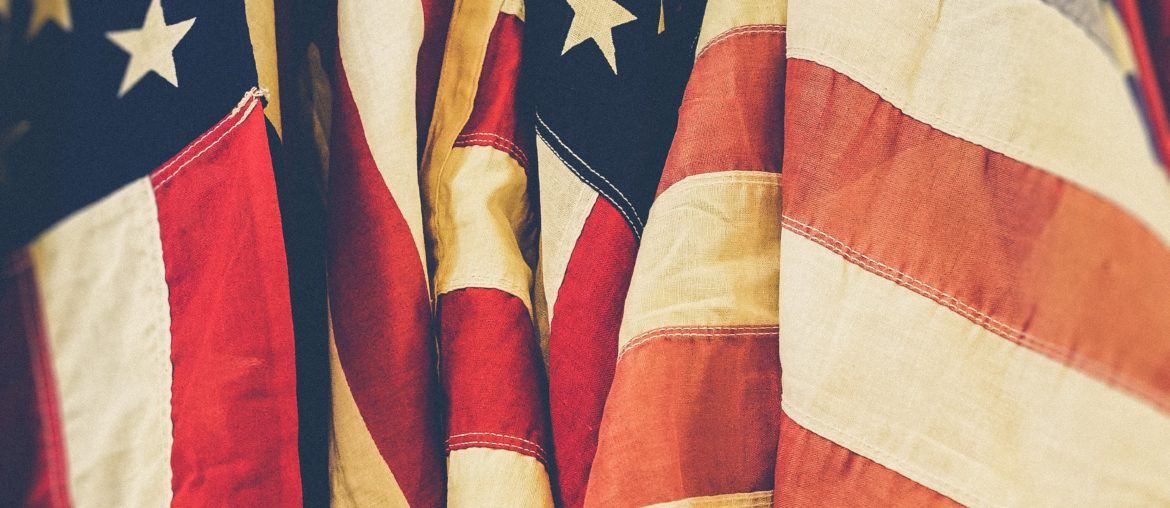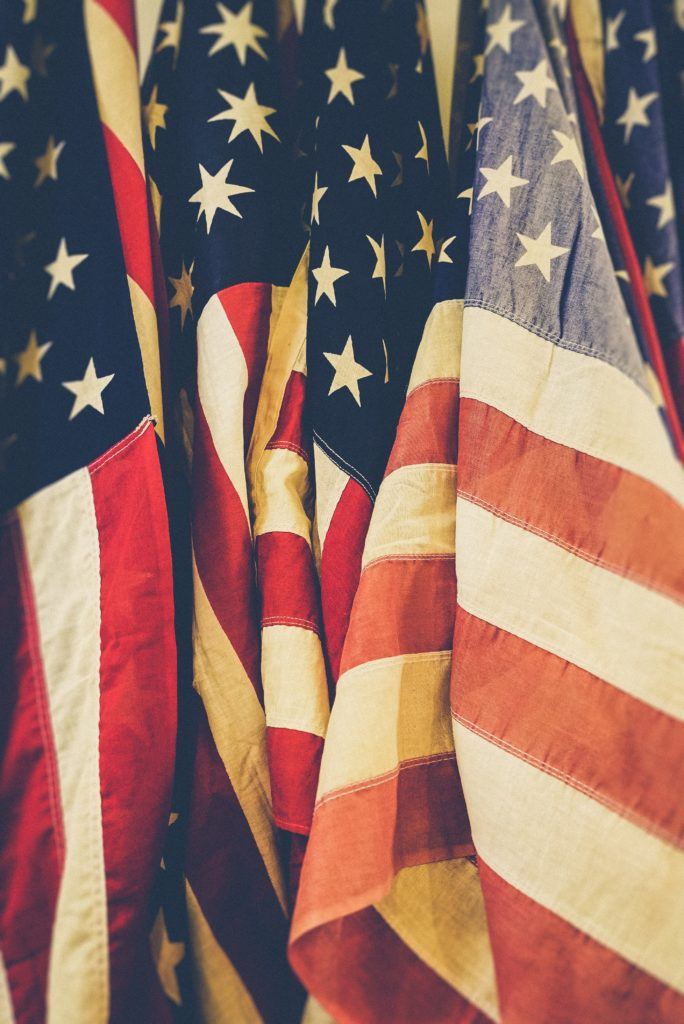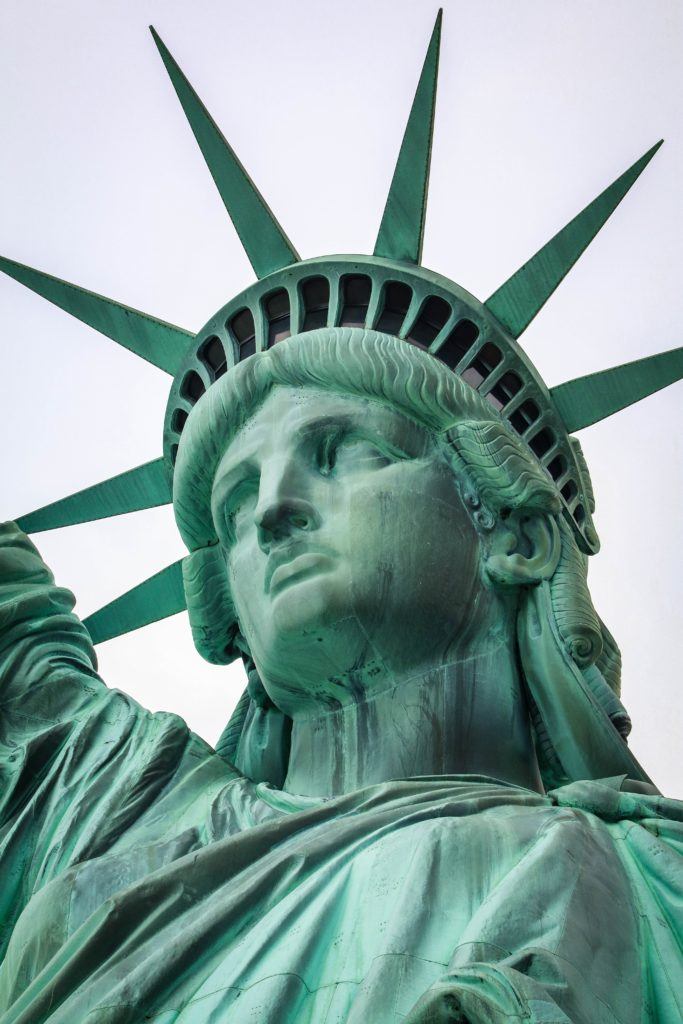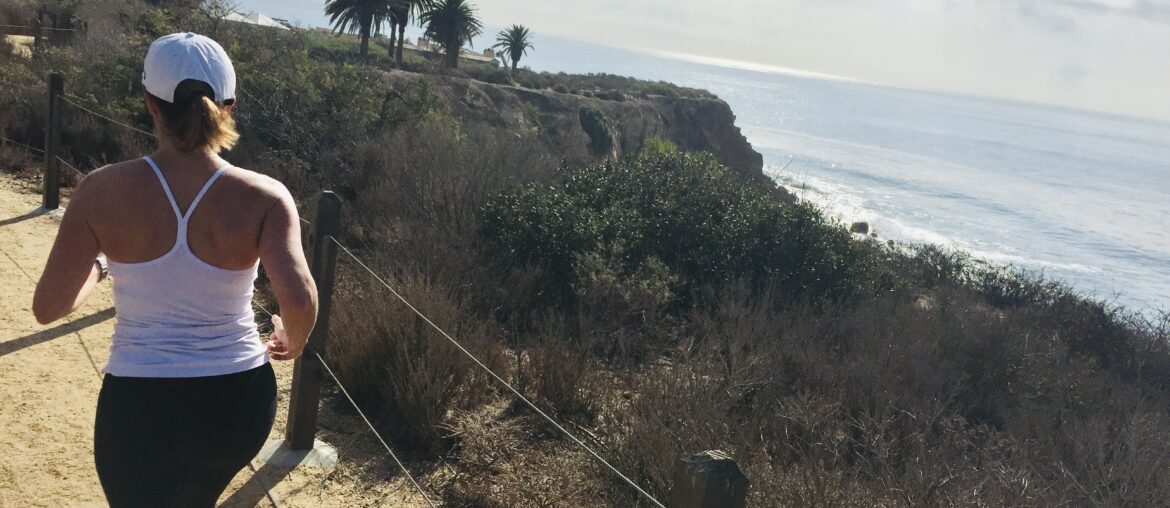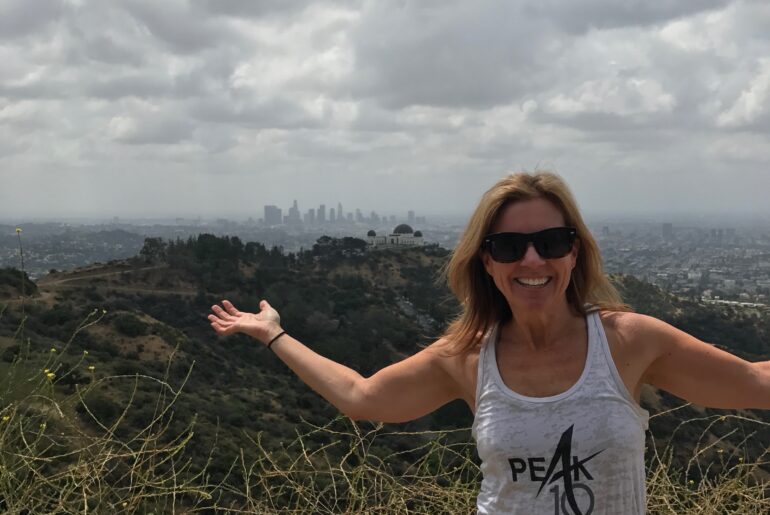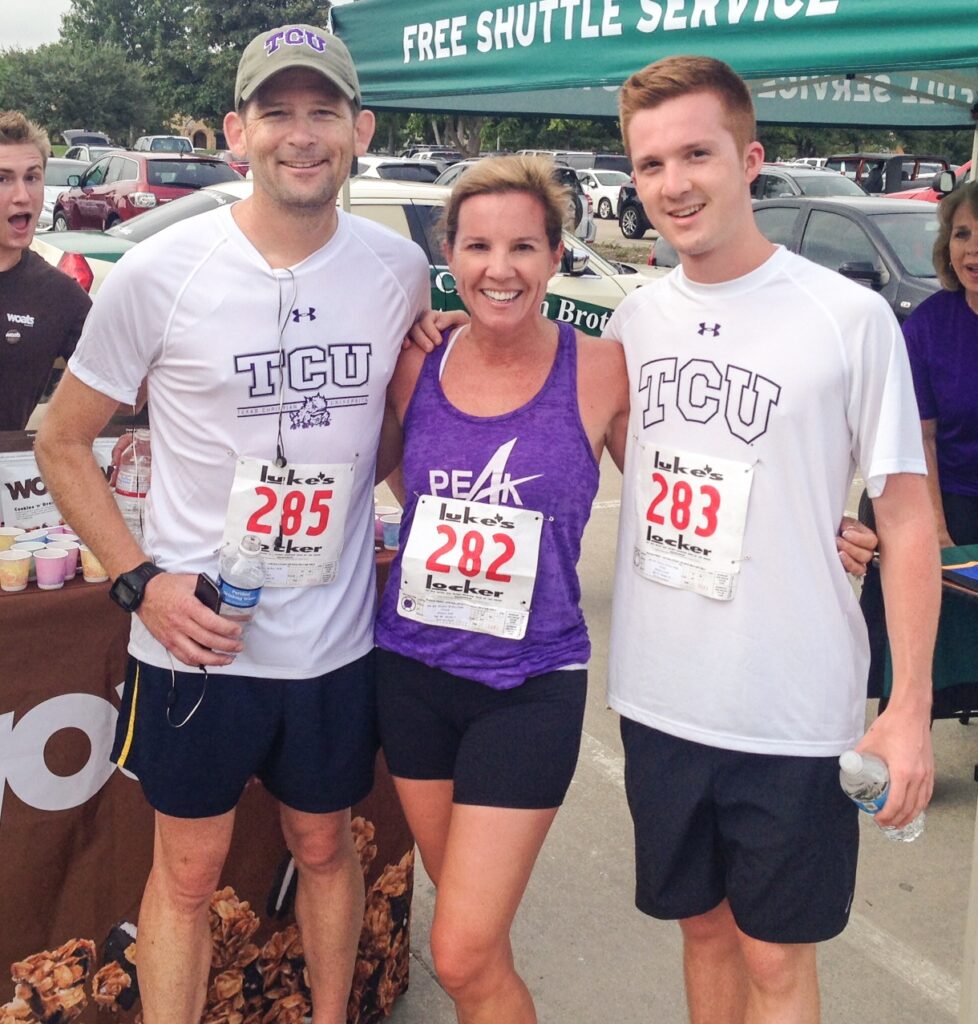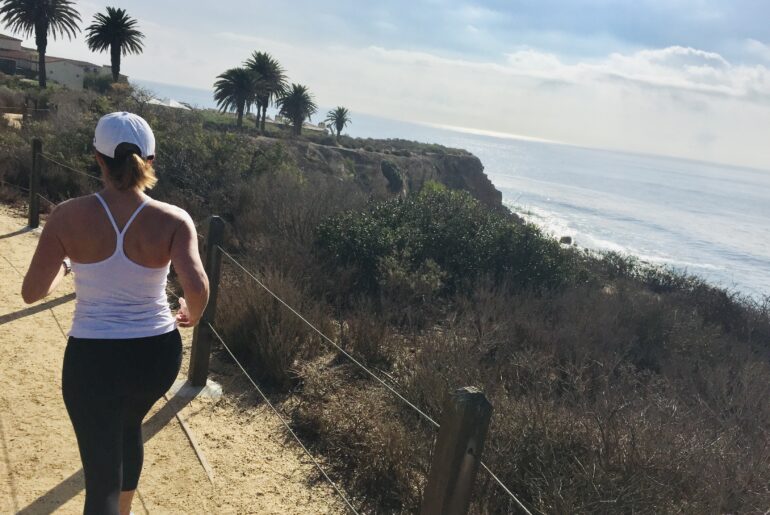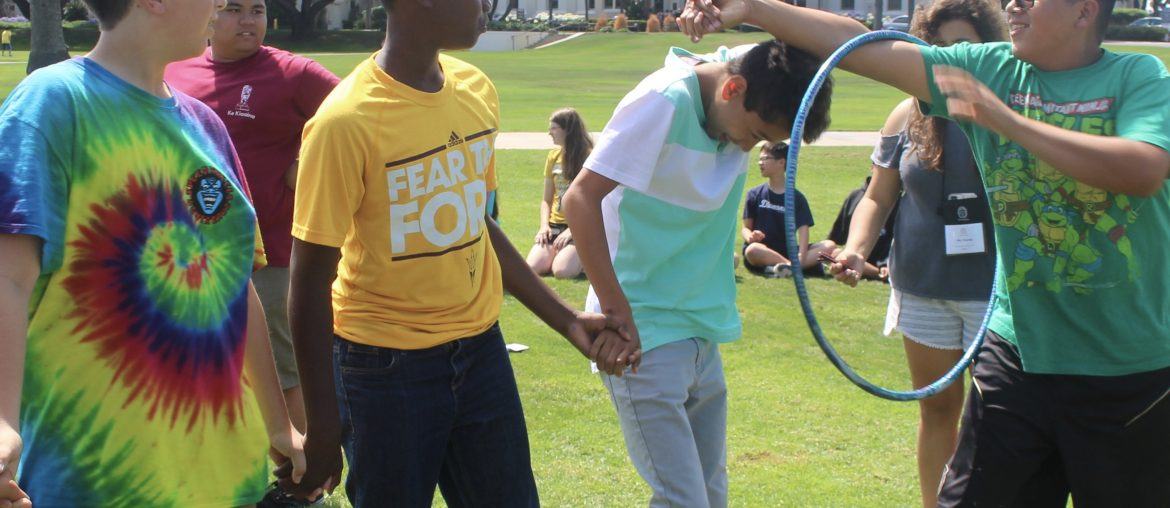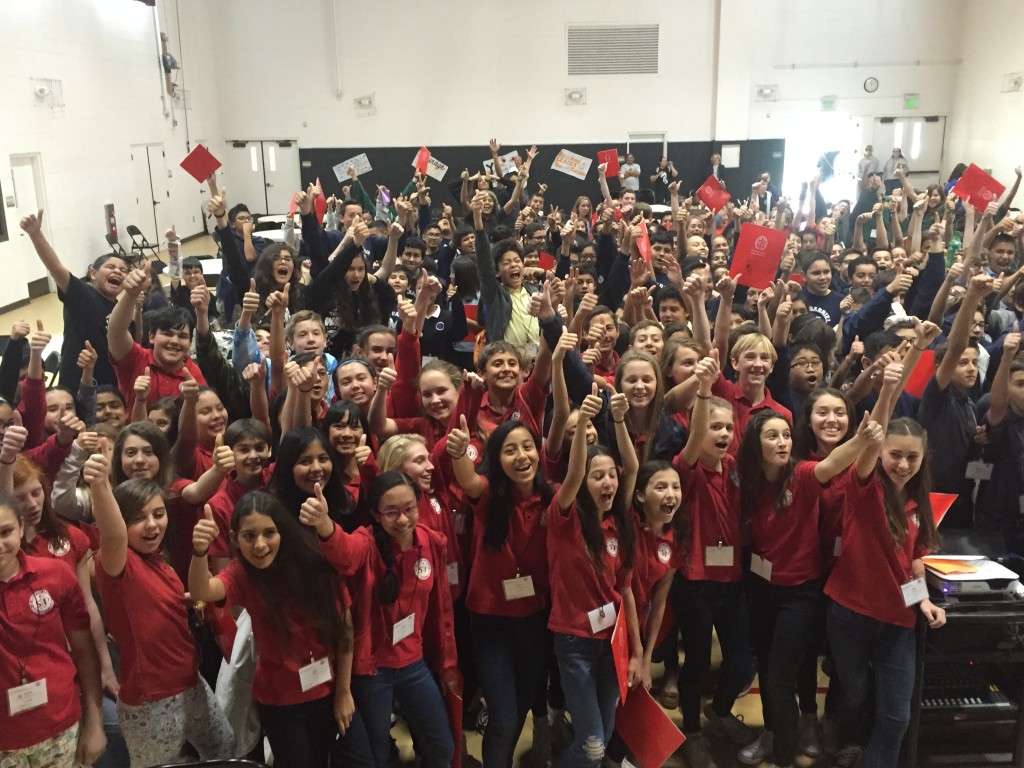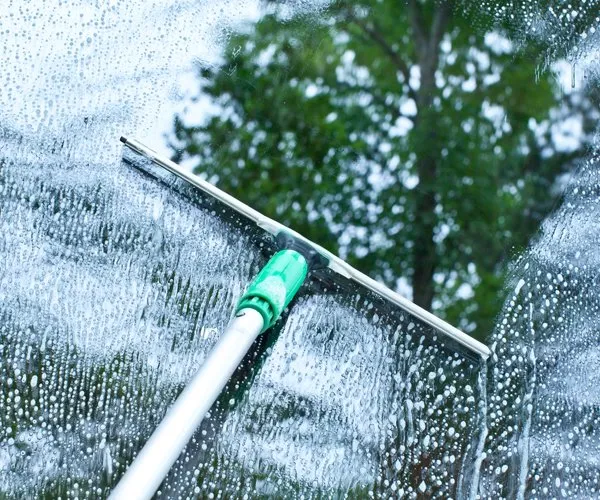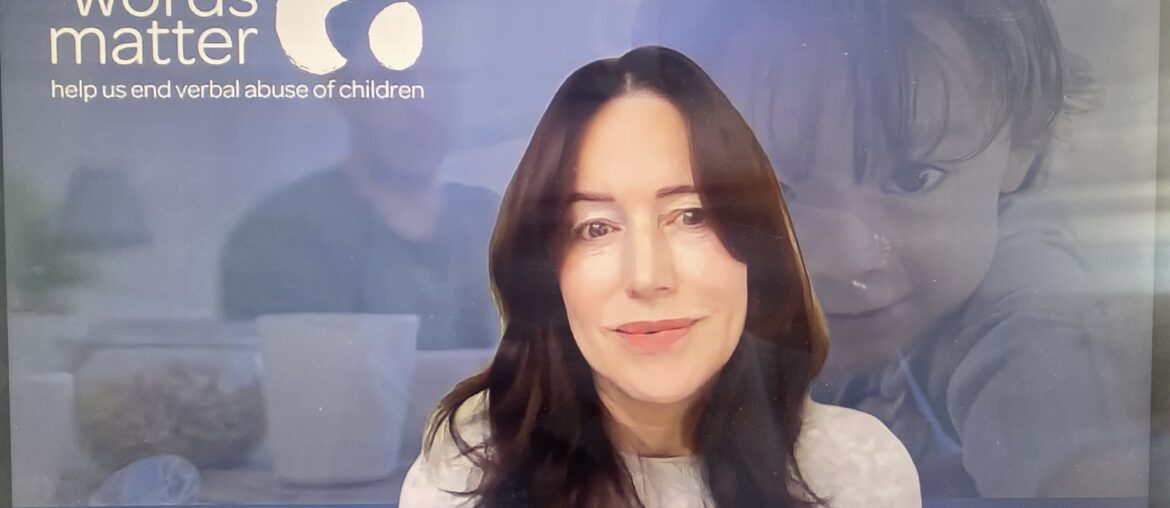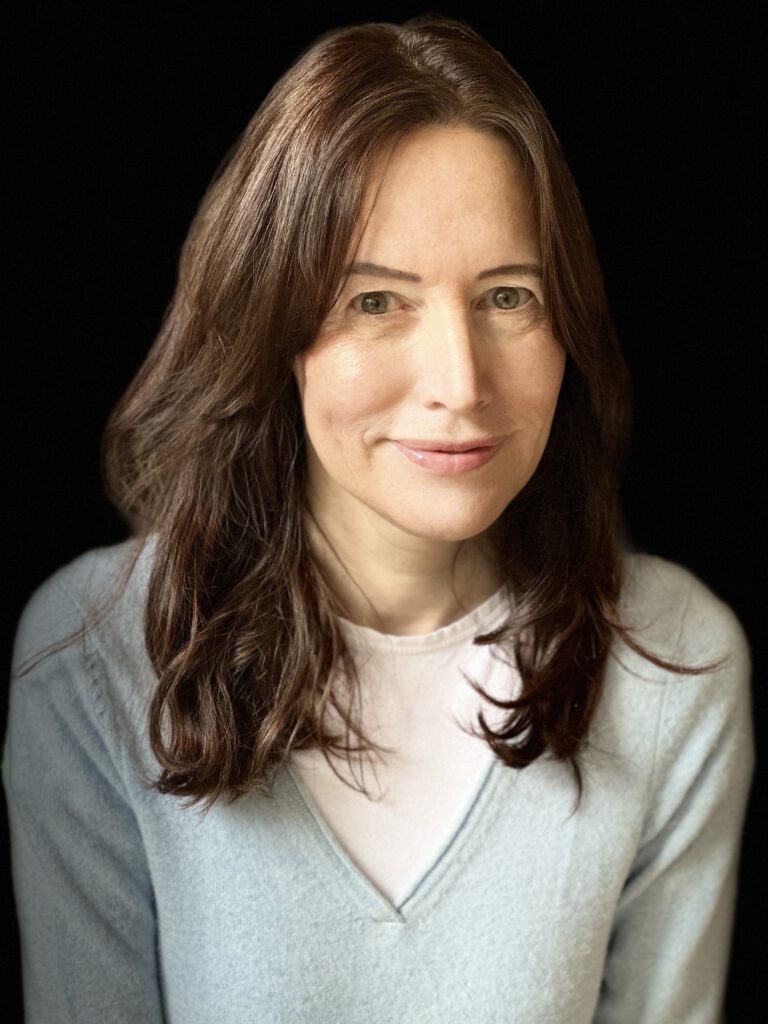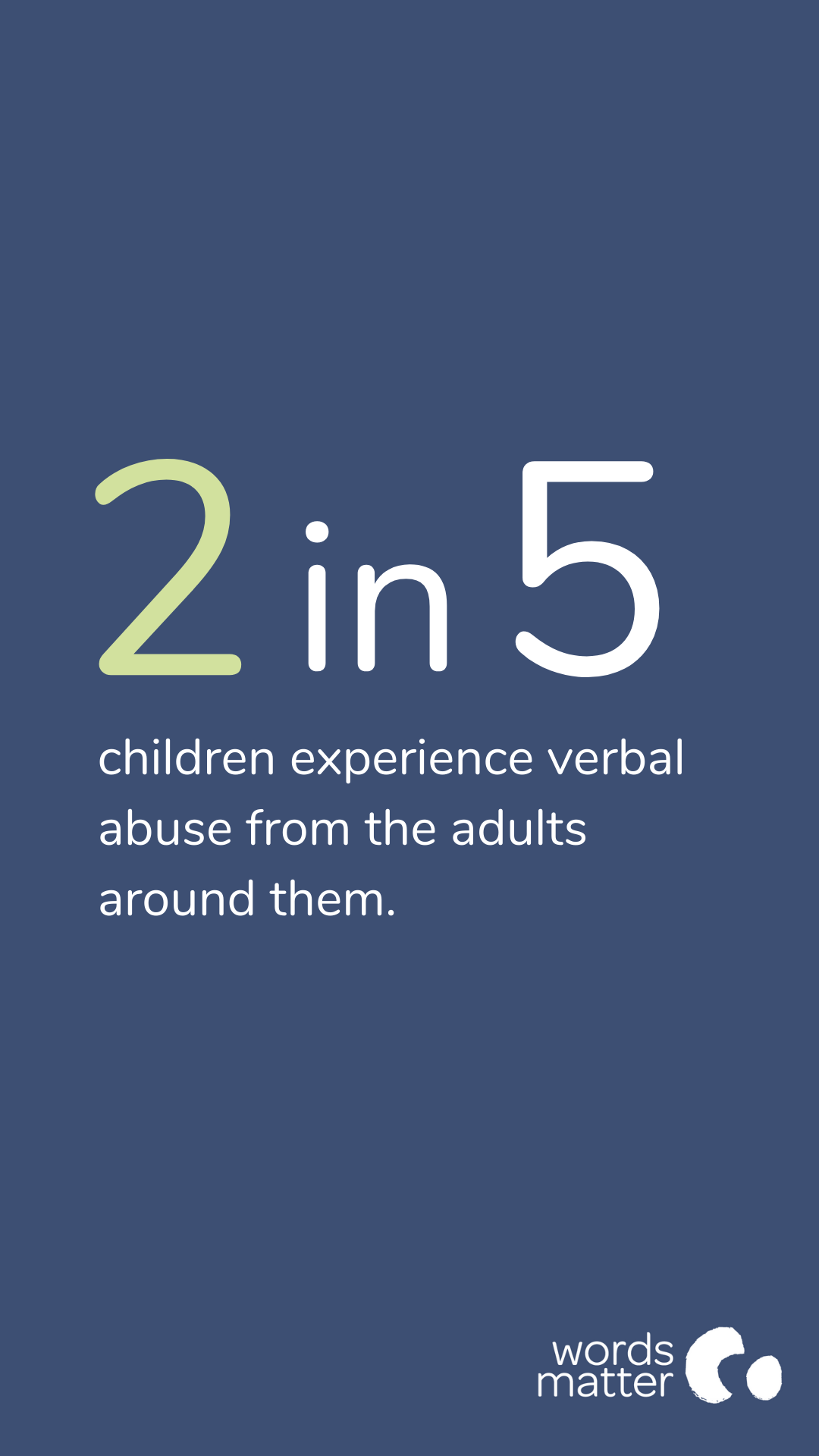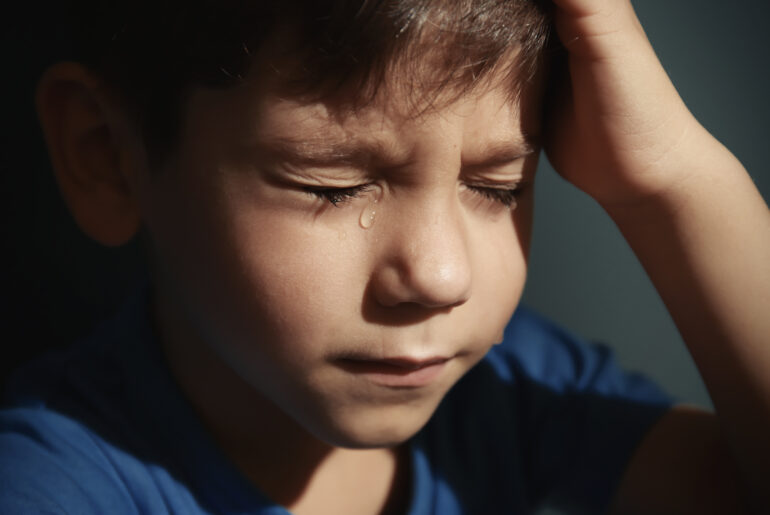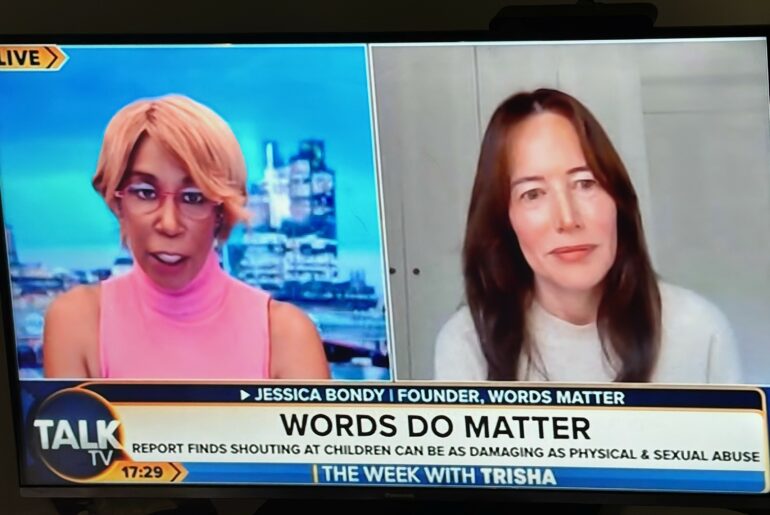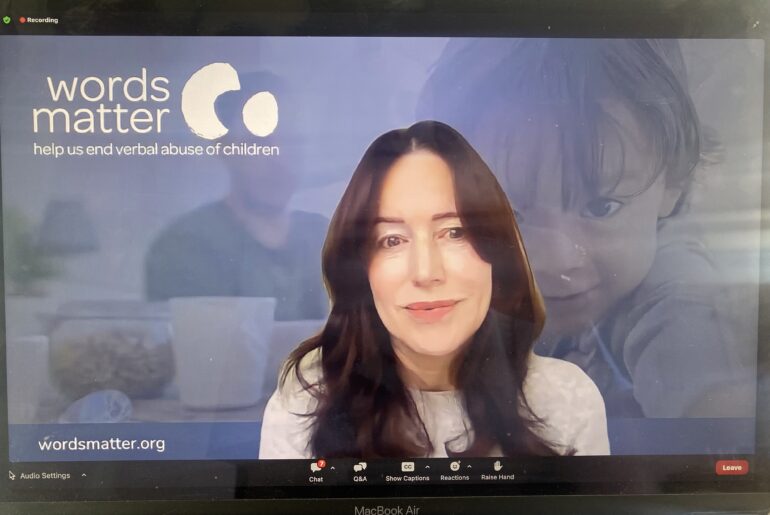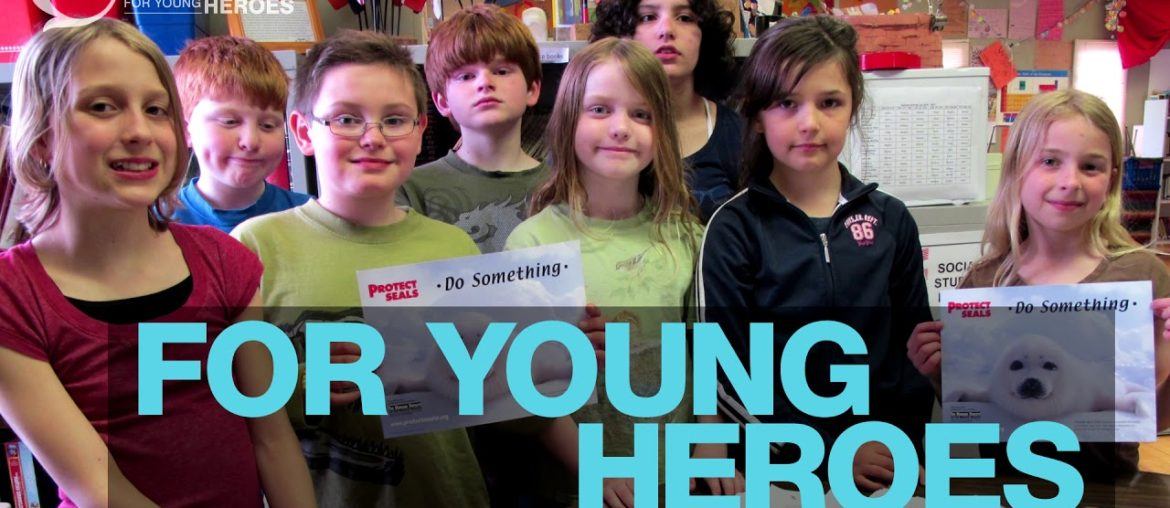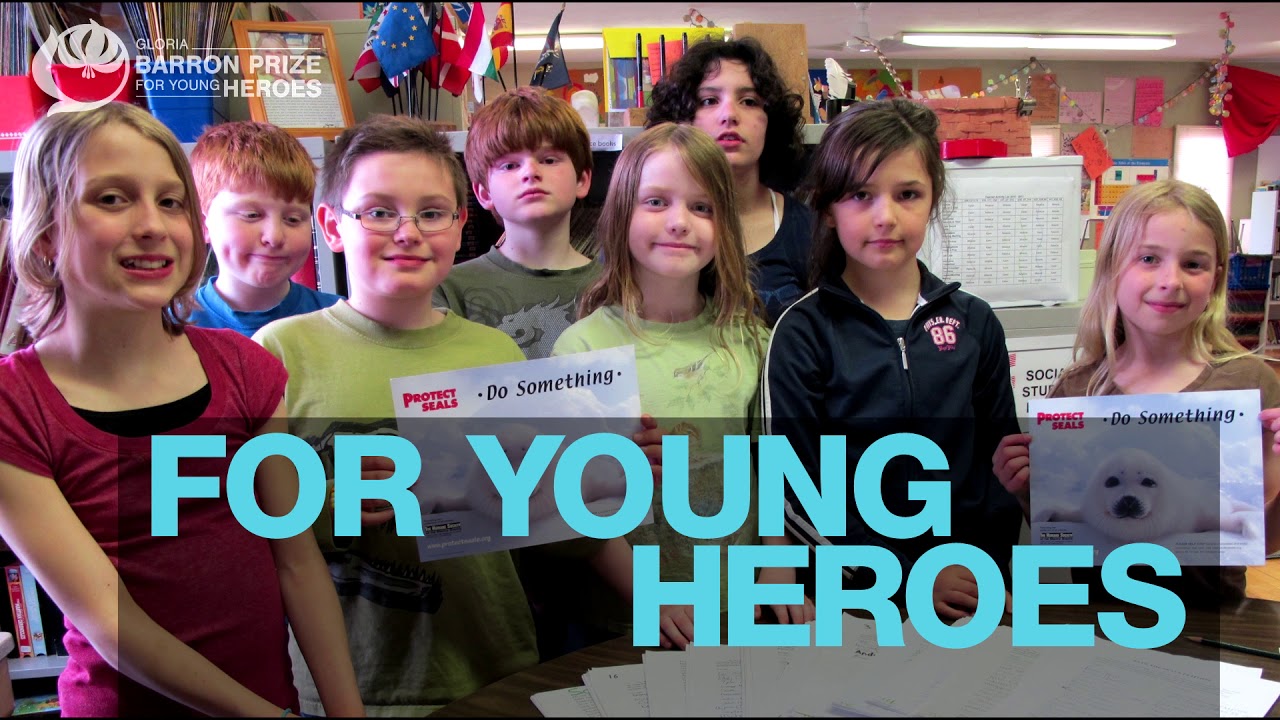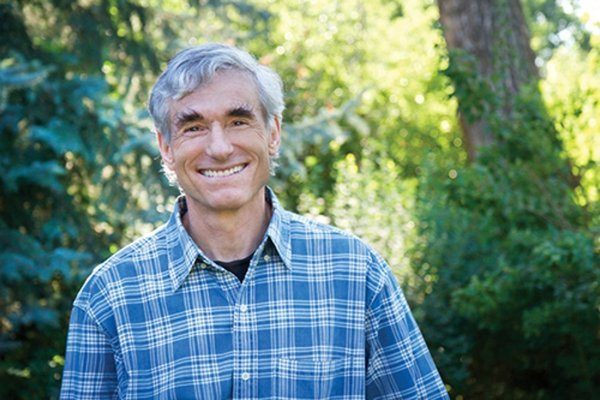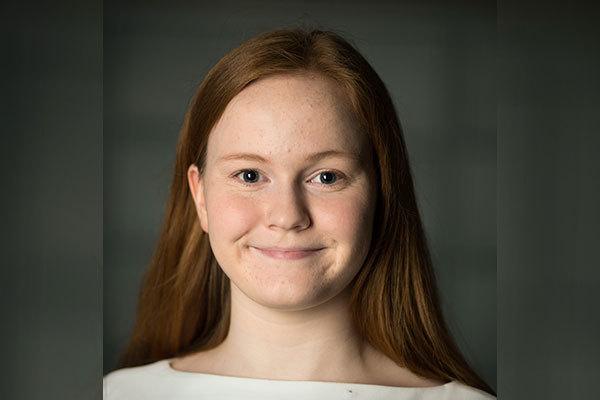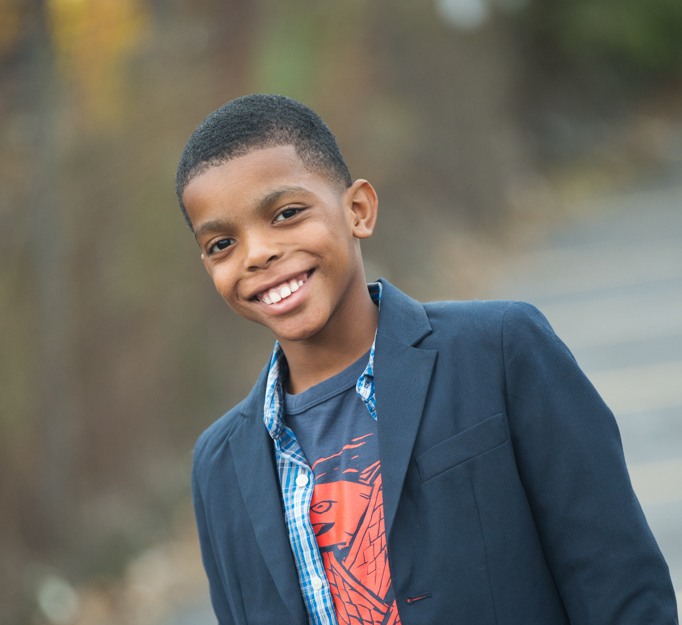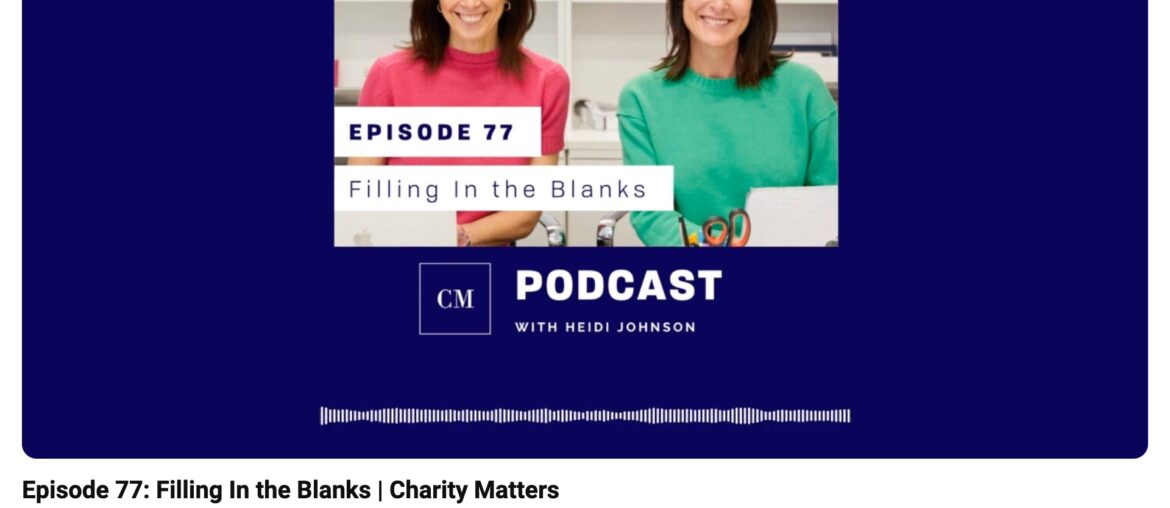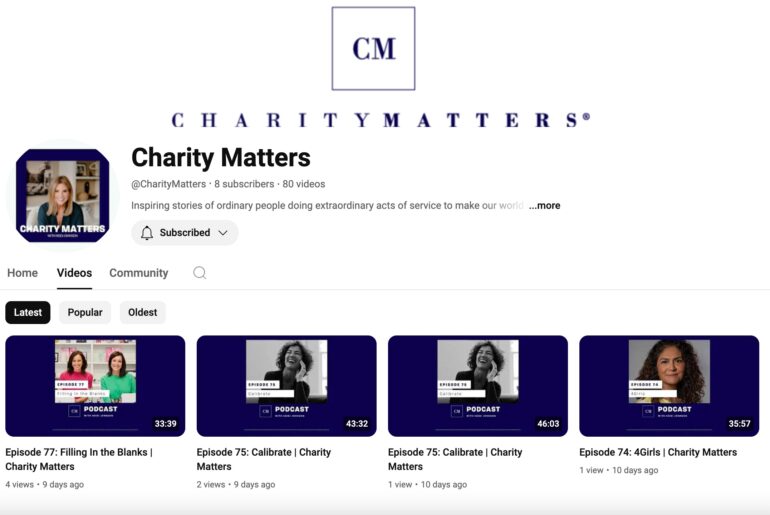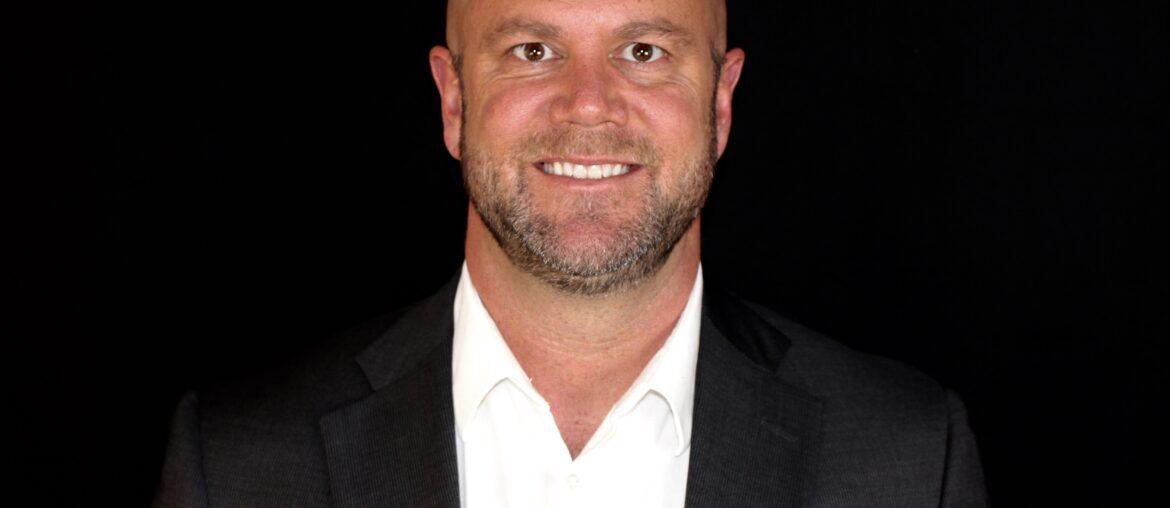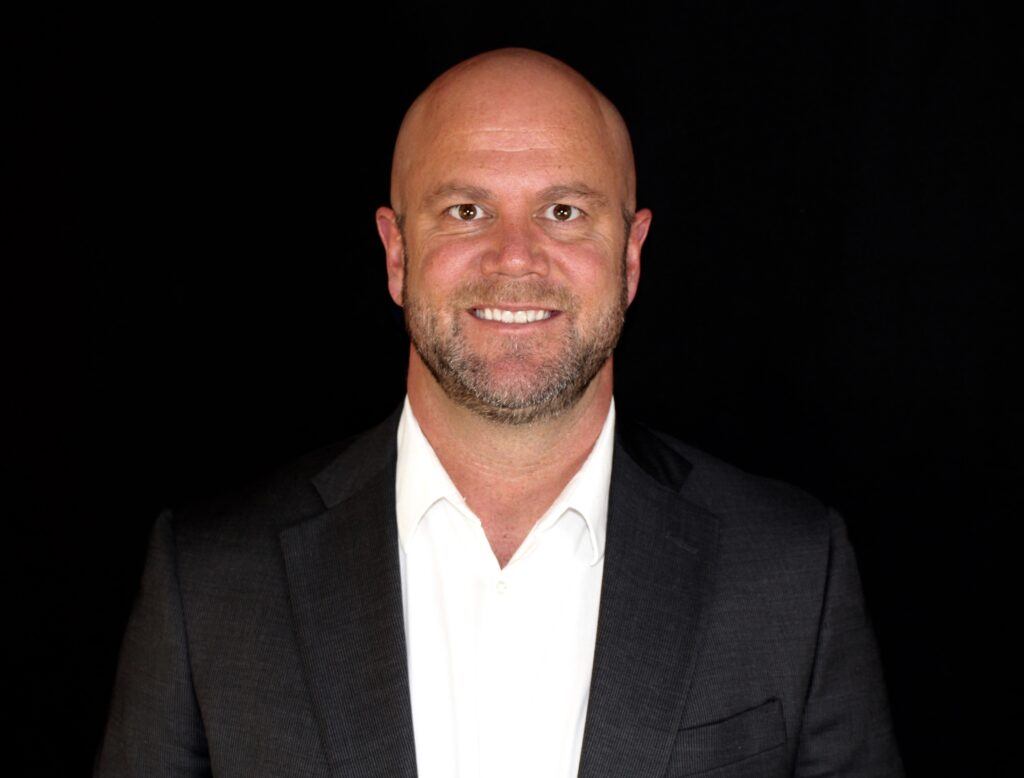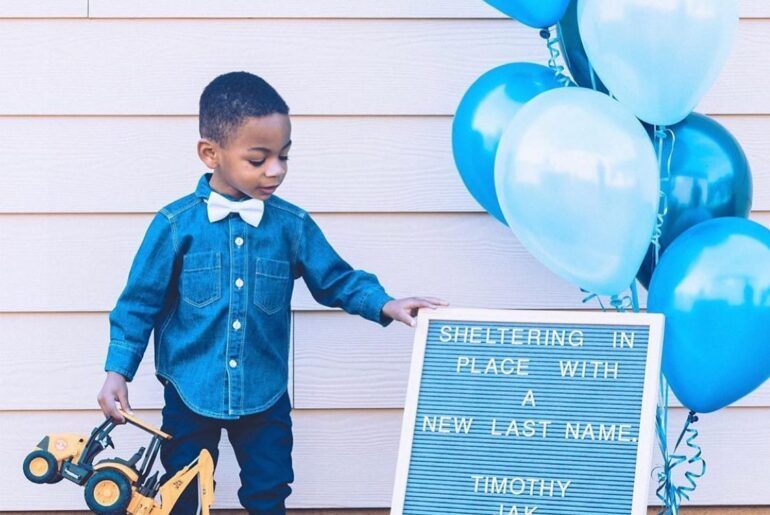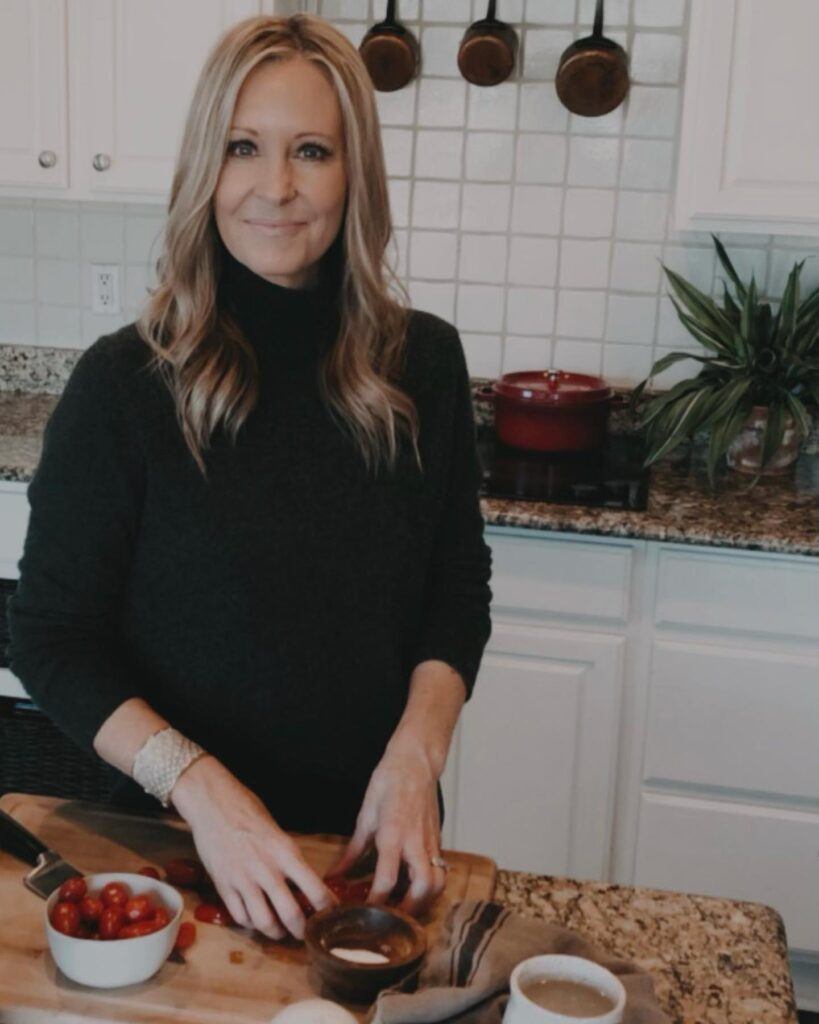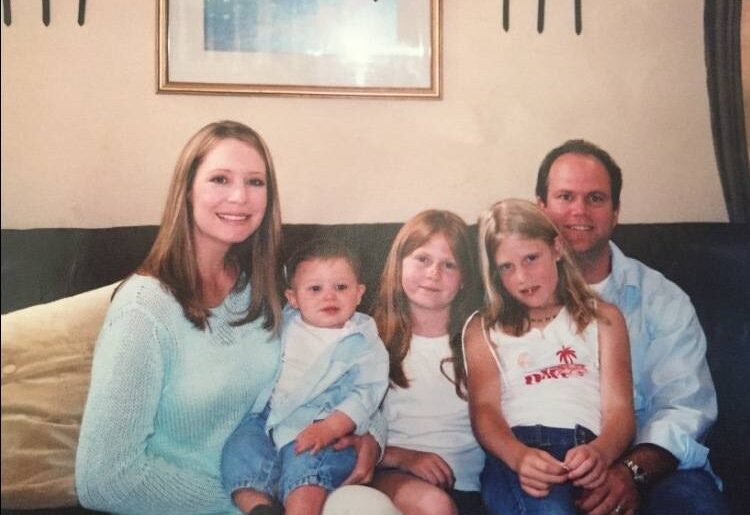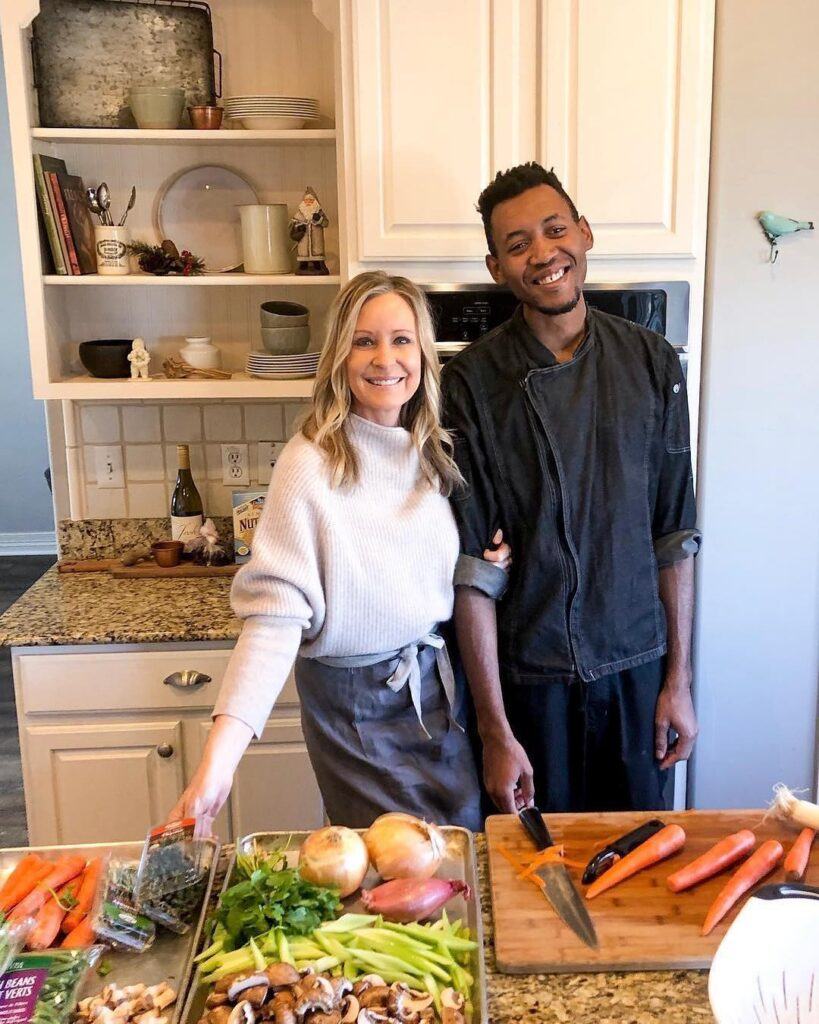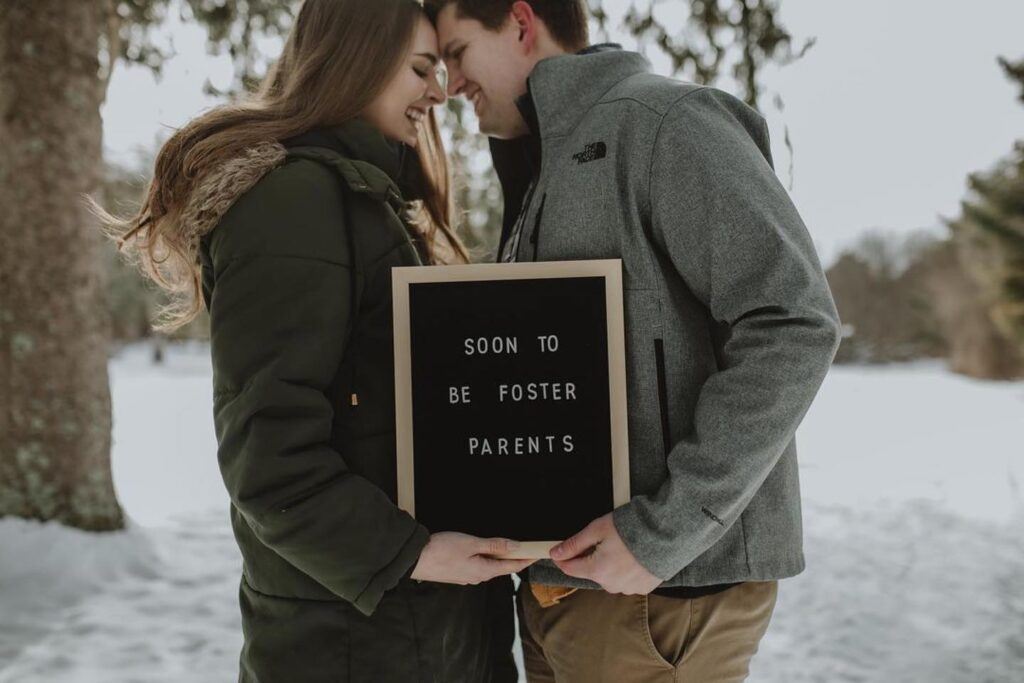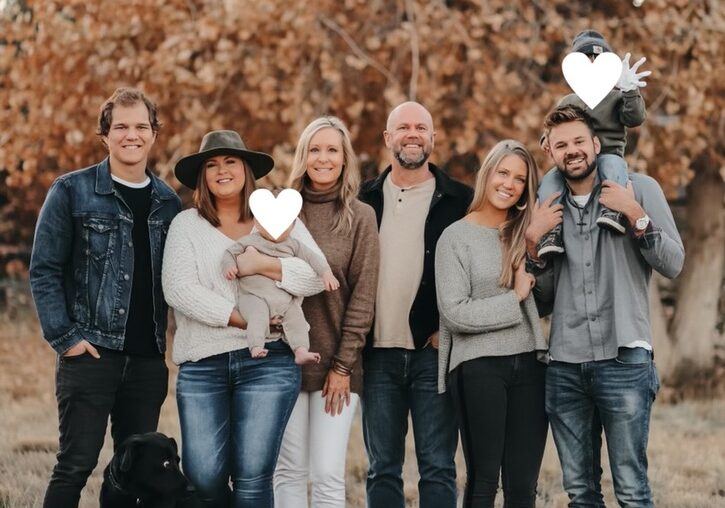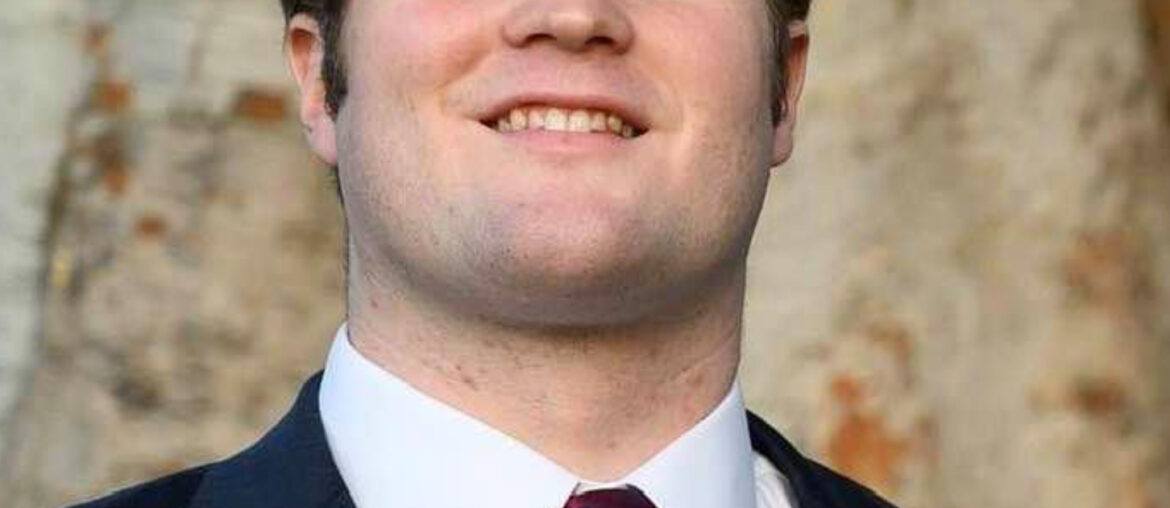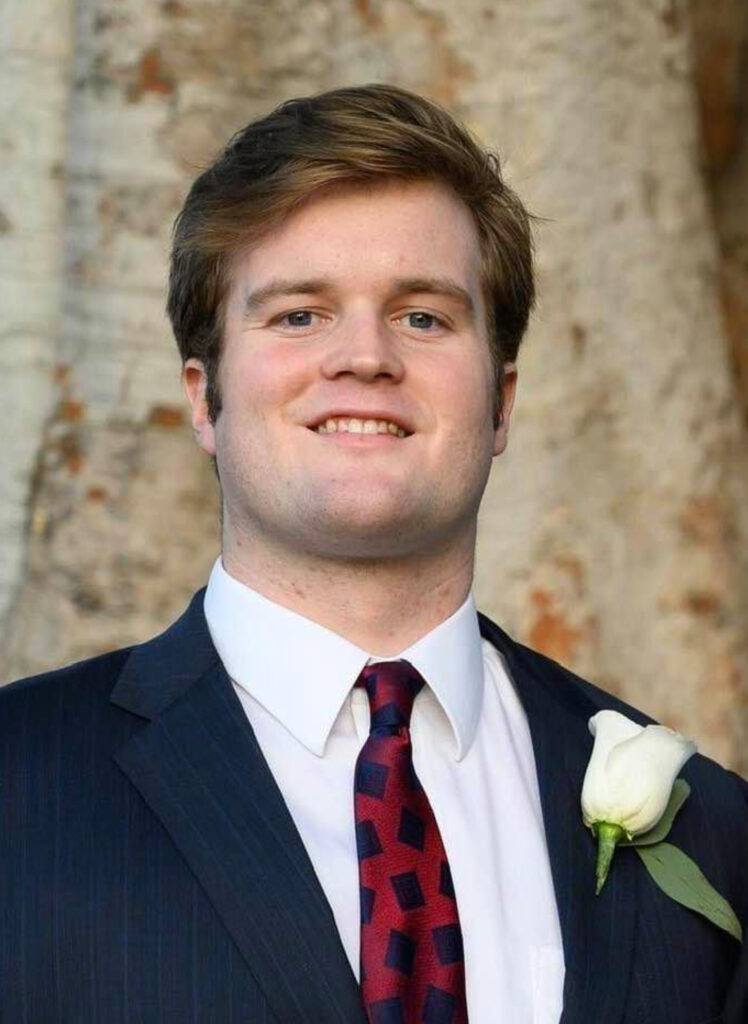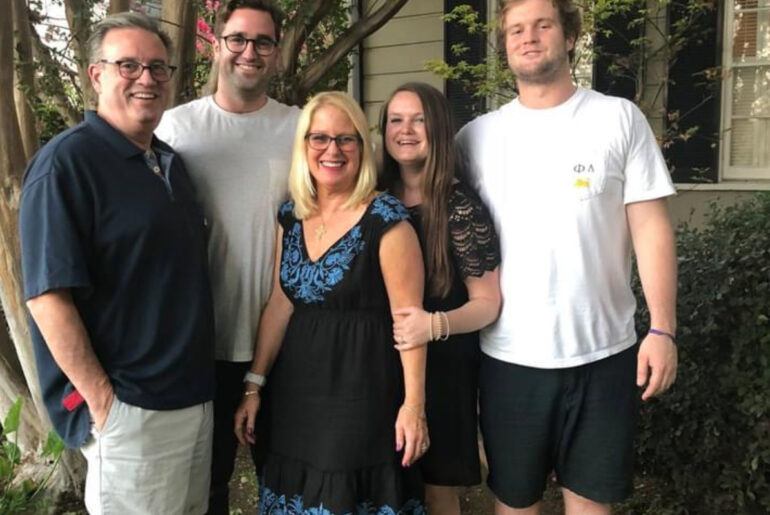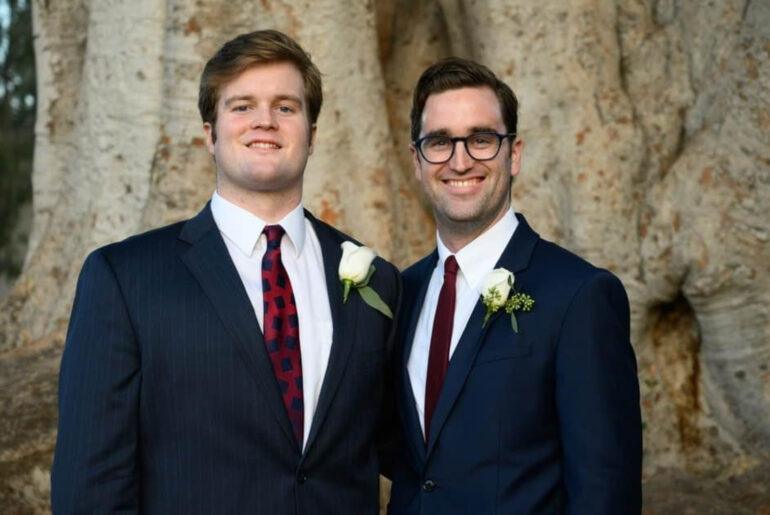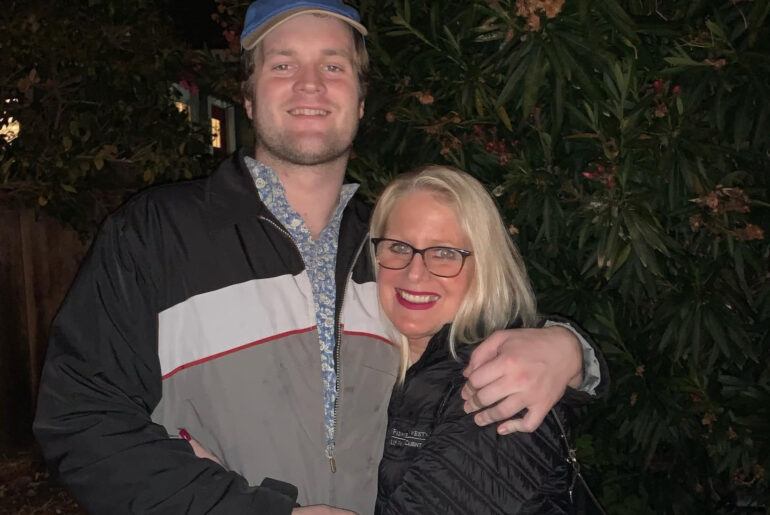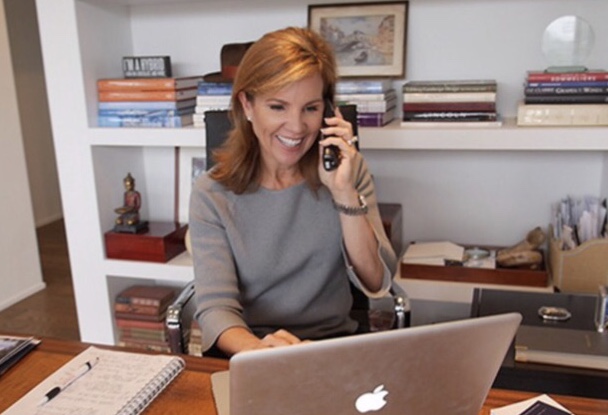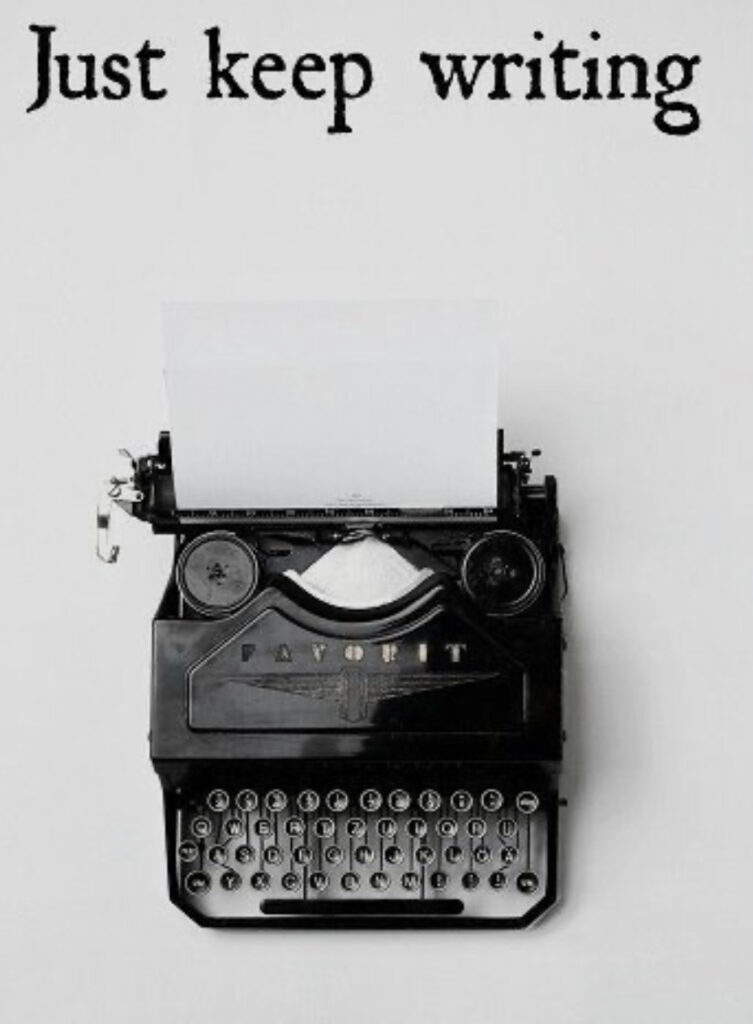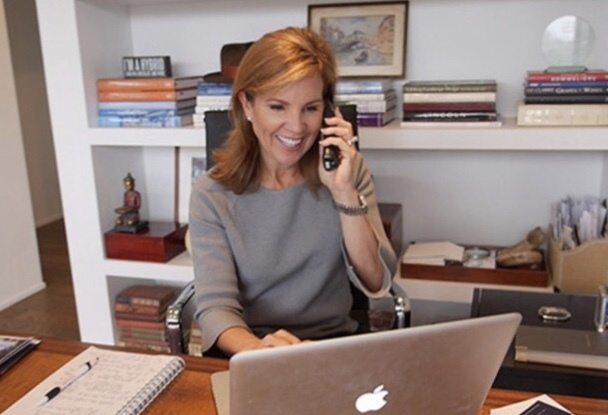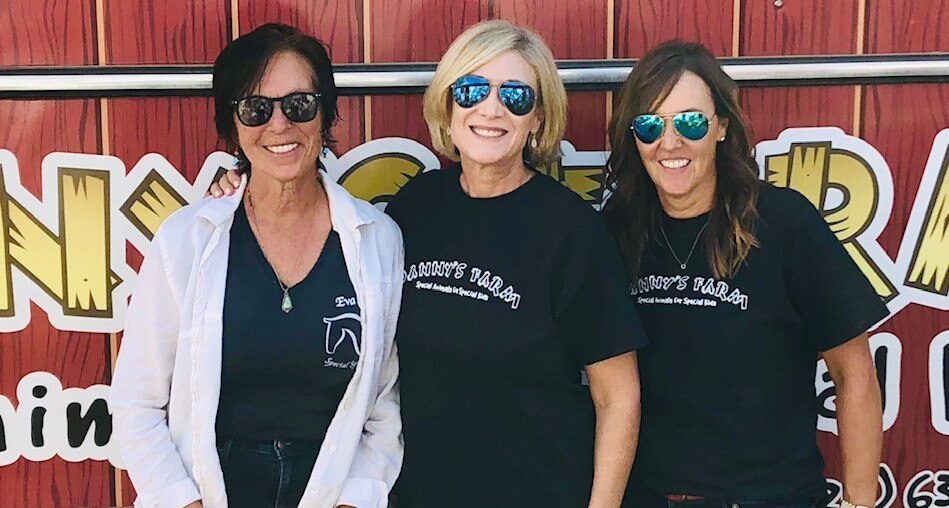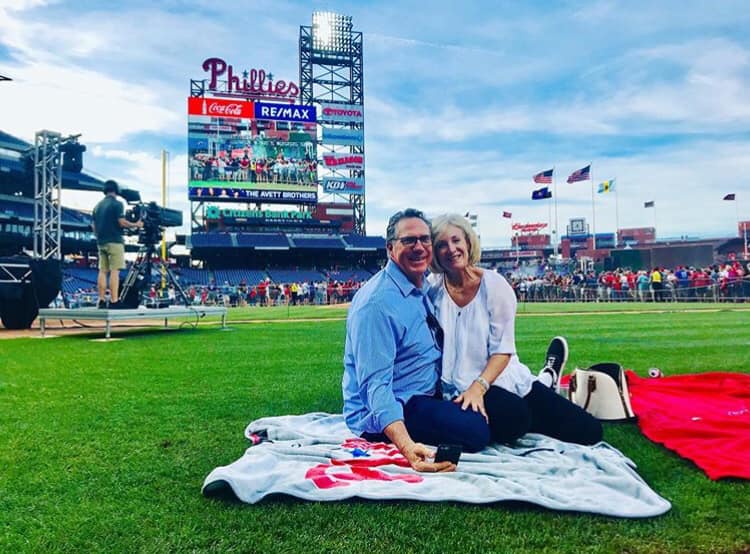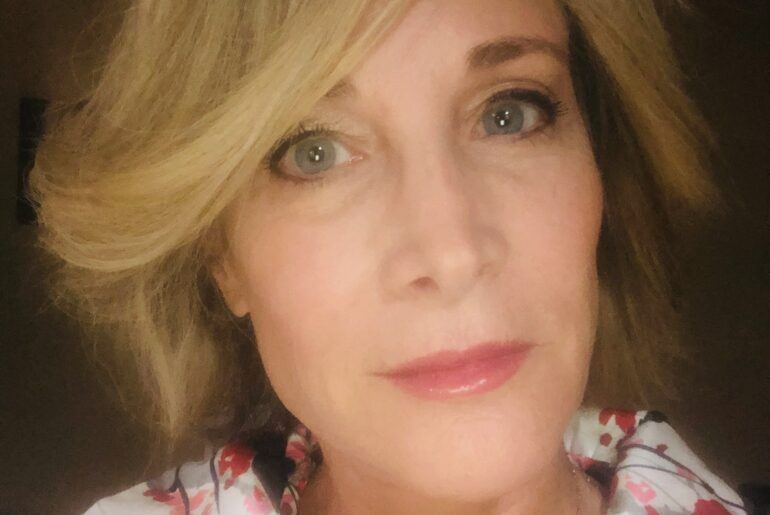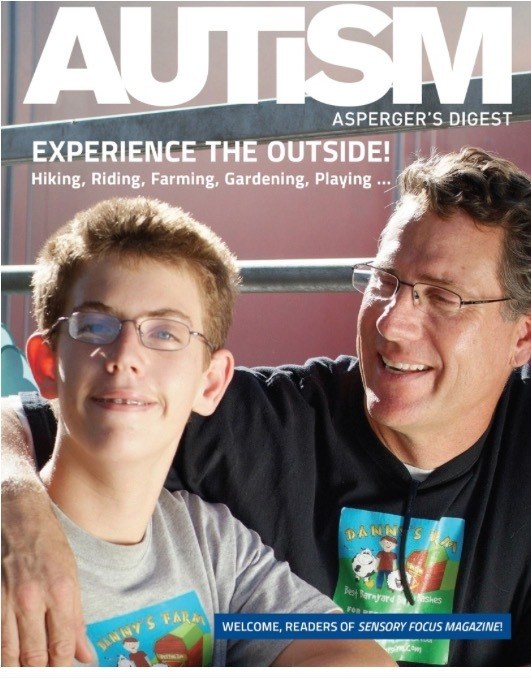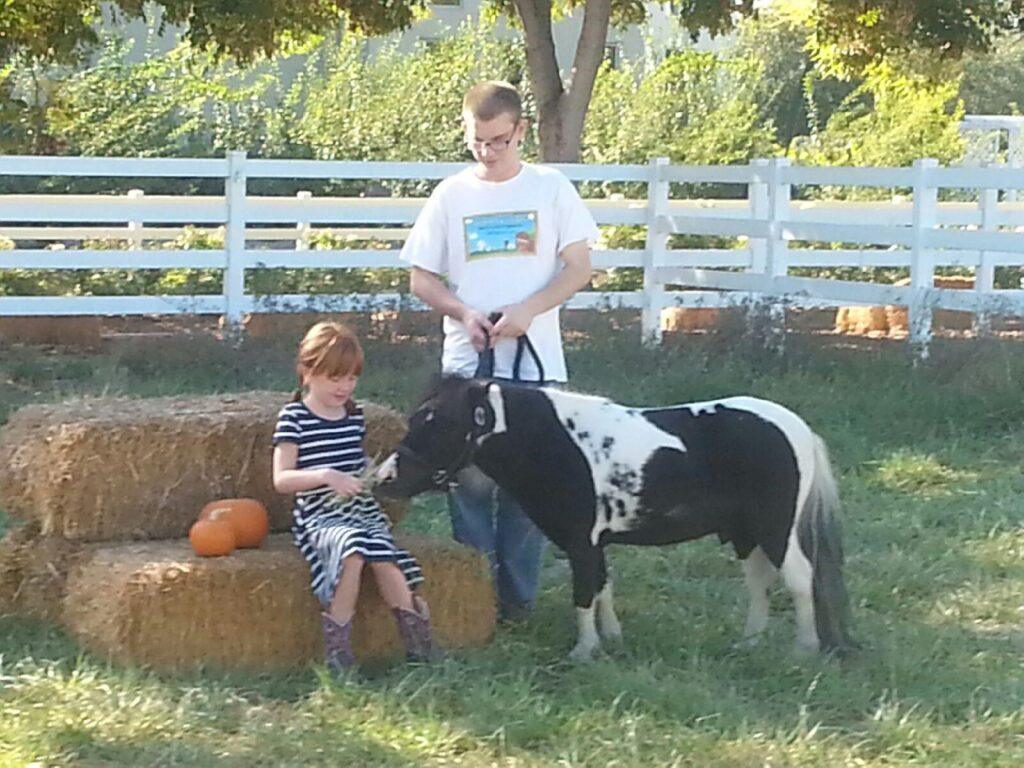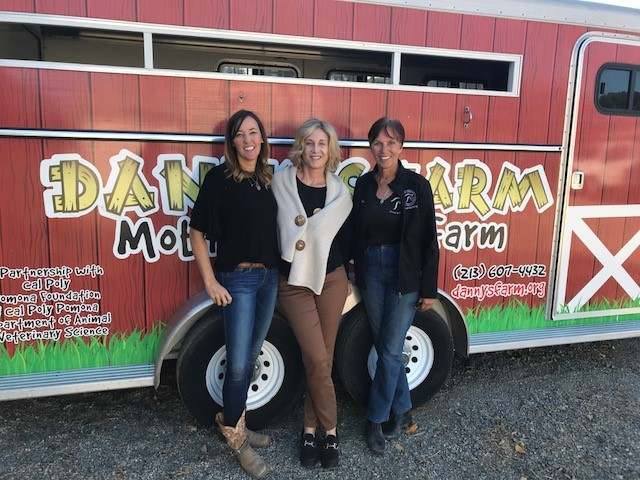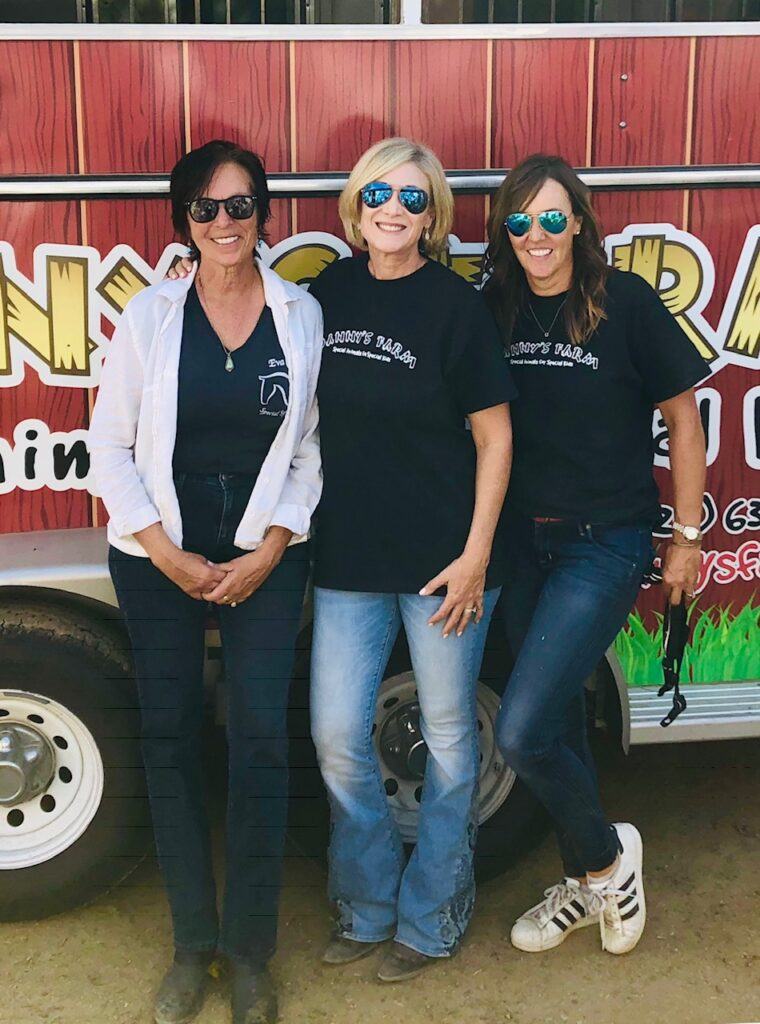
Meet Heidi Johnson
Share This Article
Heidi, appreciate you joining us today.
Parents play a huge role in our development as youngsters and sometimes that impact follows us into adulthood and into our lives and careers. Looking back, what’s something you think you parents did right?
We never know as parents what seeds, good or bad, that we are planting in our children. We also never know when they are going to germinate, sprout or lay dormant. The seed that my parents planted was one of compassion, kindness and service to others. My mom and dad were fun, had a lot of friends, a house full of noise, guests, people and joy. Our house was the one that everyone wanted to be at. Not because it was fancy but because it was fun. My parents made people feel great about being welcome, they took strangers in every Christmas and Thanksgiving and everyone felt included.
More than being welcoming and kind, my parents gave back. They were super involved in our schools, in their church, in Little League and my mom with a number of charities. They showed us from an early age that we are all here to take care of one another. That seed of compassion was planted in me and my sisters and laid dormant for many years. When it did sprout it took off. Starting a nonprofit, running a nonprofit, interviewing nonprofit founders on my Charity Matters Podcast was all because of them. Today, the one thing that gives me great joy is knowing that I’m living my parents legacy through my nonprofit work.

Awesome – so before we get into the rest of our questions, can you introduce yourself to our readers.
Hi, I’m Heidi Johnson. I’m a storyteller, nonprofit founder and a believer in good.
When you are little and people ask you what you want to be when you grow up, nonprofit founders usually don’t make the list. Something happens to you and you decide to leave your path to help others. That is my story and that of the 1.6 million other nonprofits in the United States. So far of the few hundred I’ve interviewed our paths to service all seem to take a similar course.
My life changed with a phone call in the middle of the night, you know the ones they warn you about. My parents had been in a horrible car accident while on vacation with 3 other couples in Mexico celebrating 60th birthdays. Their car was hit by a huge tour bus and 3 people were killed and one brain damaged. Every couple lost a spouse. My dad survived and was in a coma for a month and my mom was killed instantly. I sat by my dad’s beside with faith getting us through a very dark time for our family and friends who had all lost so much.
A year later a group of us were invited down to Children’s Hospital Los Angeles where my friend, Father John was the only chaplain for 100,000 children who went through CHLA each year. He asked us to help him create a nonprofit to provide chaplains of all faiths for the hospital. My previous work had been in the software business and none of us had ever started a nonprofit. We became entrepreneurs in those hallways that day and started the Spiritual Care Guild. Today we have chaplains, 24 hours a day, seven days a week and a $10 million dollar inner faith center. Spiritual Care has become a national template for pediatric chaplaincy. That was just the beginning of a series of life changing events .
It was 2003 and there wasn’t CNN Heroes or any information on nonprofit founders. Who were these people and what was their story? So I started a blog and then a podcast called Charity Matters. My mission was to learn their stories and discover why they changed their life to help others? These stories are beyond inspiring and truly are the best of humanity. Think about How I built this podcast but for charity. I just finished my book, Change for Good which comes out in October, sharing some of the life lessons I have learned from interviewing these remarkable humans for the past twelve years. We need to focus on what is good in this world!
I’m incredibly proud of the work we have done for CHLA. More than that, I think Charity Matters reminds us all that it is never to late to give back and to make a difference. It really why we are all here and I love inspiring others to do the same. I hope my new book continues that mission.

We’d love to hear a story of resilience from your journey.
None of us has a straight, clear or easy path. There are always obstacles along the way. In hindsight, those roadblocks appear more like road signs telling us which way to go. There were many obstacles along the way that prepared me for starting a nonprofit and becoming an entrepreneur.
I would say the biggest setback came early in my life and taught me the greatest lessons about hard work and not giving up. I was in college at the University of Arizona, and decided to transfer to USC and come back to LA for my Junior year. My parents had been paying for my college. When I came home and announced that I was coming back to LA to stay and was now going to USC. My parents informed me that they also had an announcement. My father’s paper business was bankrupt. While they wanted me to stay in school they had zero resources to help me. It was a defining moment for me because I was halfway through school and didn’t want to give up and had never had to rely on myself.
I had worked in retail during the summers and went to my old bosses telling them my new concerns. They hired me as a personal shopper, which was a new concept back then. I worked Monday, Wednesday and Fridays, Saturdays and Sundays. At the time, I was dressing the new female power brokers in dtla. On my days off, I went to school Tuesday and Thursday taking 22 units because it was cheaper. I couldn’t hang with most of my friends because I couldn’t afford too and no longer had the time. I worked so hard to put myself through USC and learned to appreciate hard work, time management and my education. The women I dressed became mentors to me and cheered me on.
At the time it happened, the roadblock felt insurmountable. Putting myself through college gave me resilience, strength, self-confidence and a work ethic that has never wavered in anything I have taken on. Everything I have done since then, whether my career in the software business, my nonprofit work, the podcast, the book and all of it was impacted from that experience.

How about pivoting – can you share the story of a time you’ve had to pivot?
Life is about seeing the obstacles as lessons and learning to pivot. We don’t have a choice because the roadblocks require us to go in a different direction. After graduating college, I worked in the software business where I was in charge of distribution nationwide for their consumer products division while pregnant with our first son. I adored my job and the company and loved that my clients were in Southern California and I would only have to travel occasionaly once our son was born.
There were a lot of layoffs happening before my maternity leave and we were in escrow for our house. I had asked my boss to put in writing for the bank that I wouldn’t be laid off, which he did more than a few times. True to his word I survived the layoffs, we closed escrow and I began maternity leave. During that time, the founder of our company decided he wanted me working in our Northern California headquarters in Scotts Valley. I explained that we had a baby coming and had just bought this house and all but one of my clients was in LA. I loved this job.
His reply was to write a nice check and show me the door. I was stunned, sad and had really thought of that job as my identity at the time. The result of this unexpected situation was the ability for me to be home with my newborn son and not worry about anything. It gave me time to think, to work on our fixer upper and then to transition into consulting. This gave me the flexability to be with my now growing family and keep my foot in the door of my career.
When my parent’s accident happened a few years later, I was able to jump into starting a nonprofit and use those skills. Yet, another setback that resulted in changing my life for the better in an entirely new direction.
Contact Info:
- Website: https://charity-matters.com
- Instagram: @CharityMatters and @HeidiJohnsonOffical
- Facebook: https://www.facebook.com/CharityMattersLA
- Linkedin: https://www.linkedin.com/in/heidi-mcniff-johnson-7758b225/
- Twitter: @Charity_Matters
- Youtube: https://www.youtube.com/@CharityMatters/featured
- Other: Spotify for Podcast- https://podcasters.spotify.com/pod/show/charity-matters




CHARITY MATTERS.

